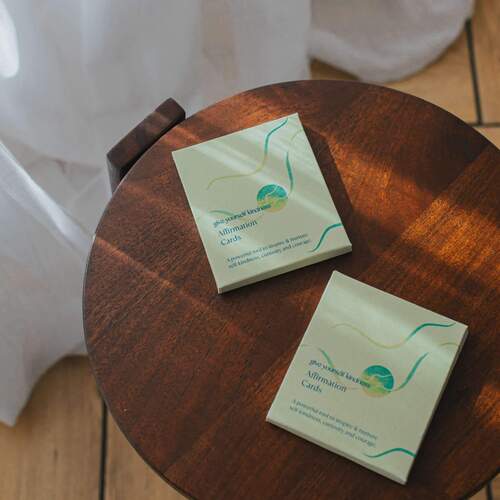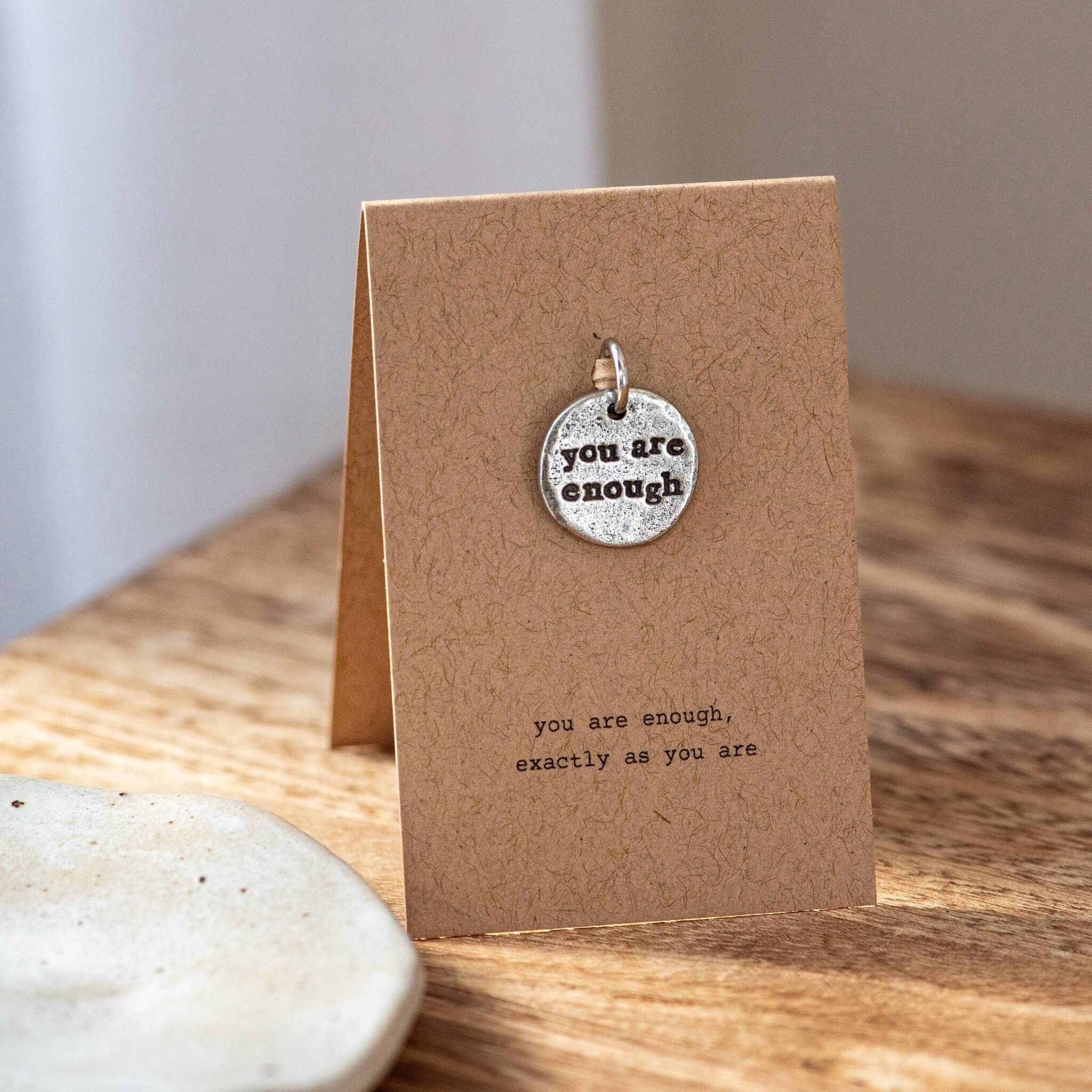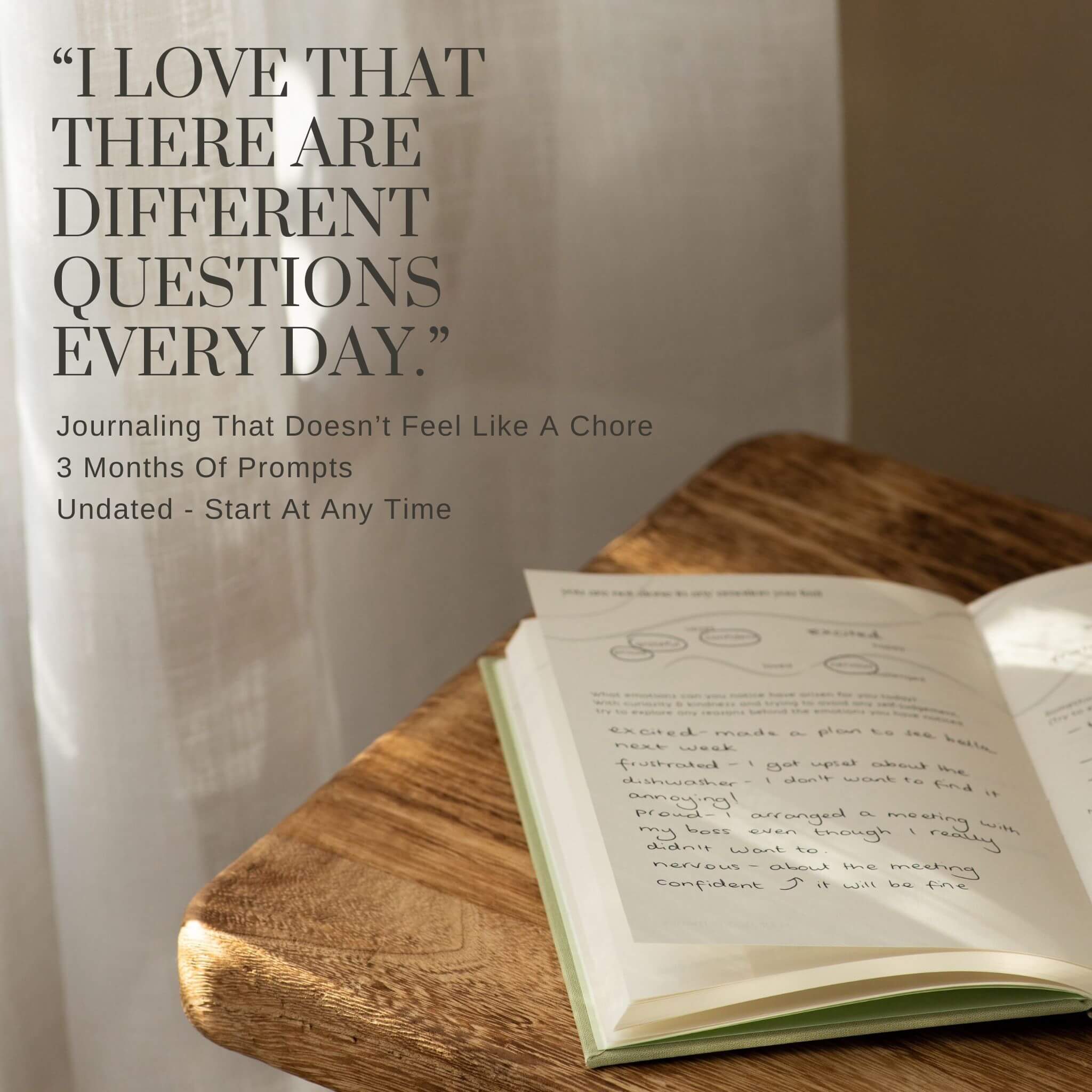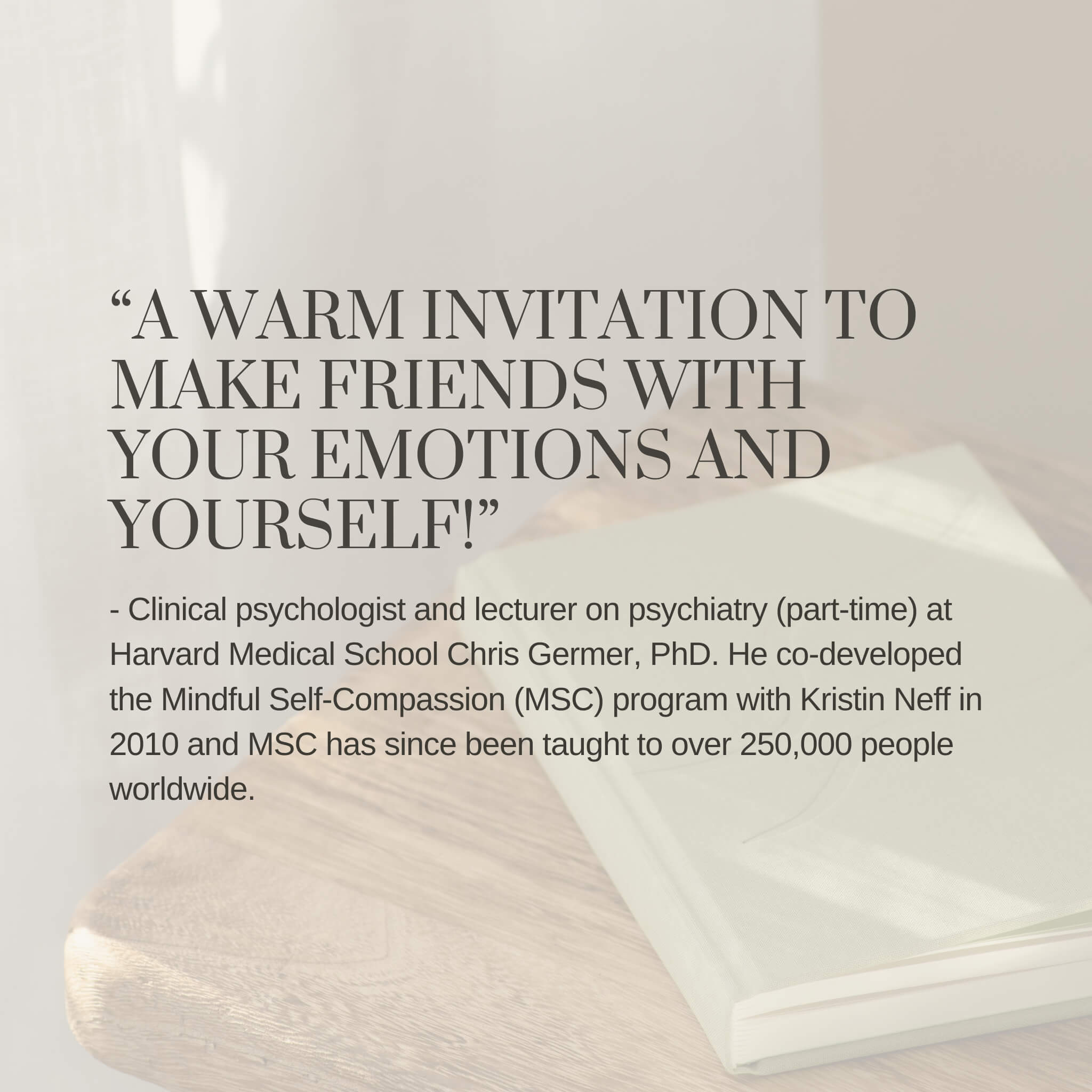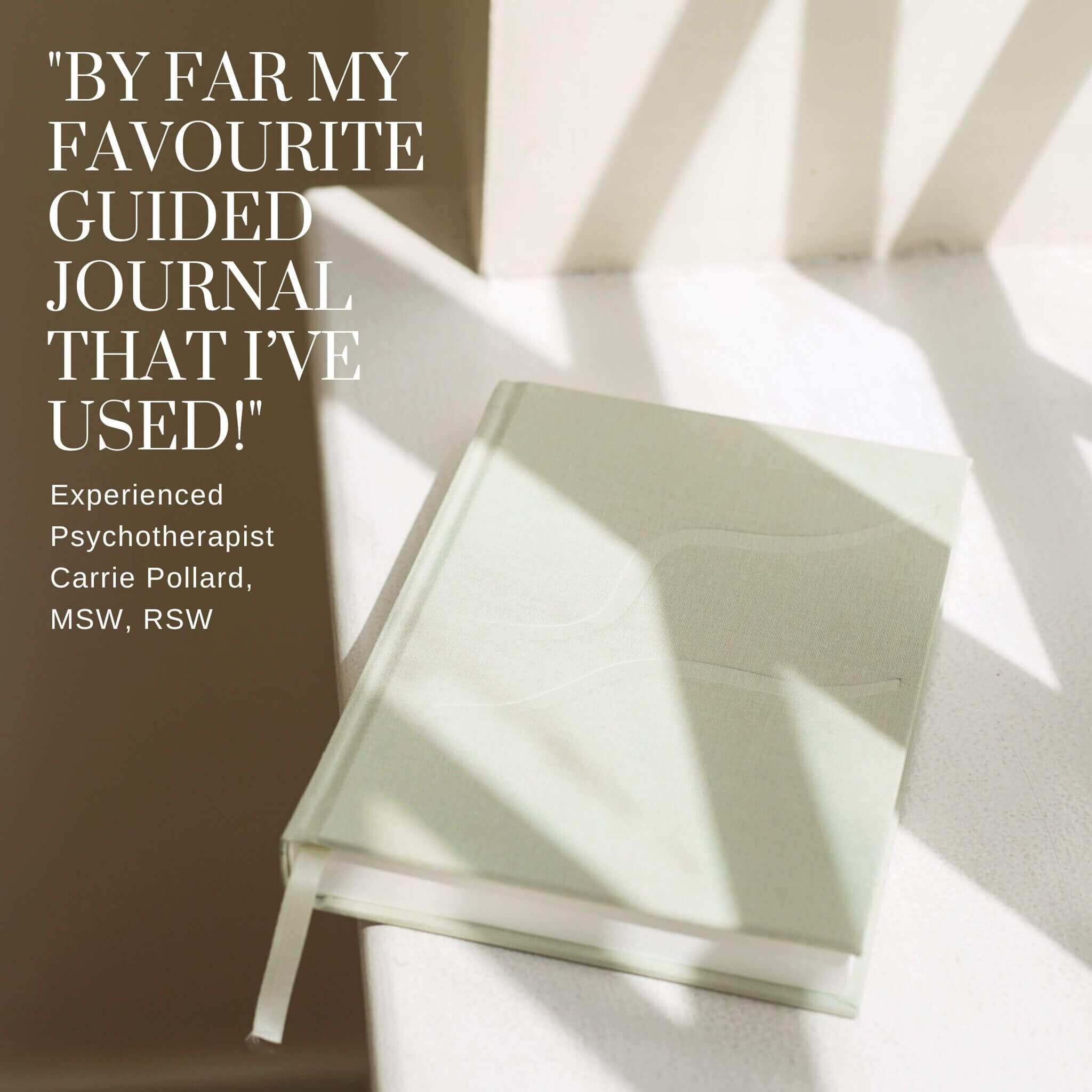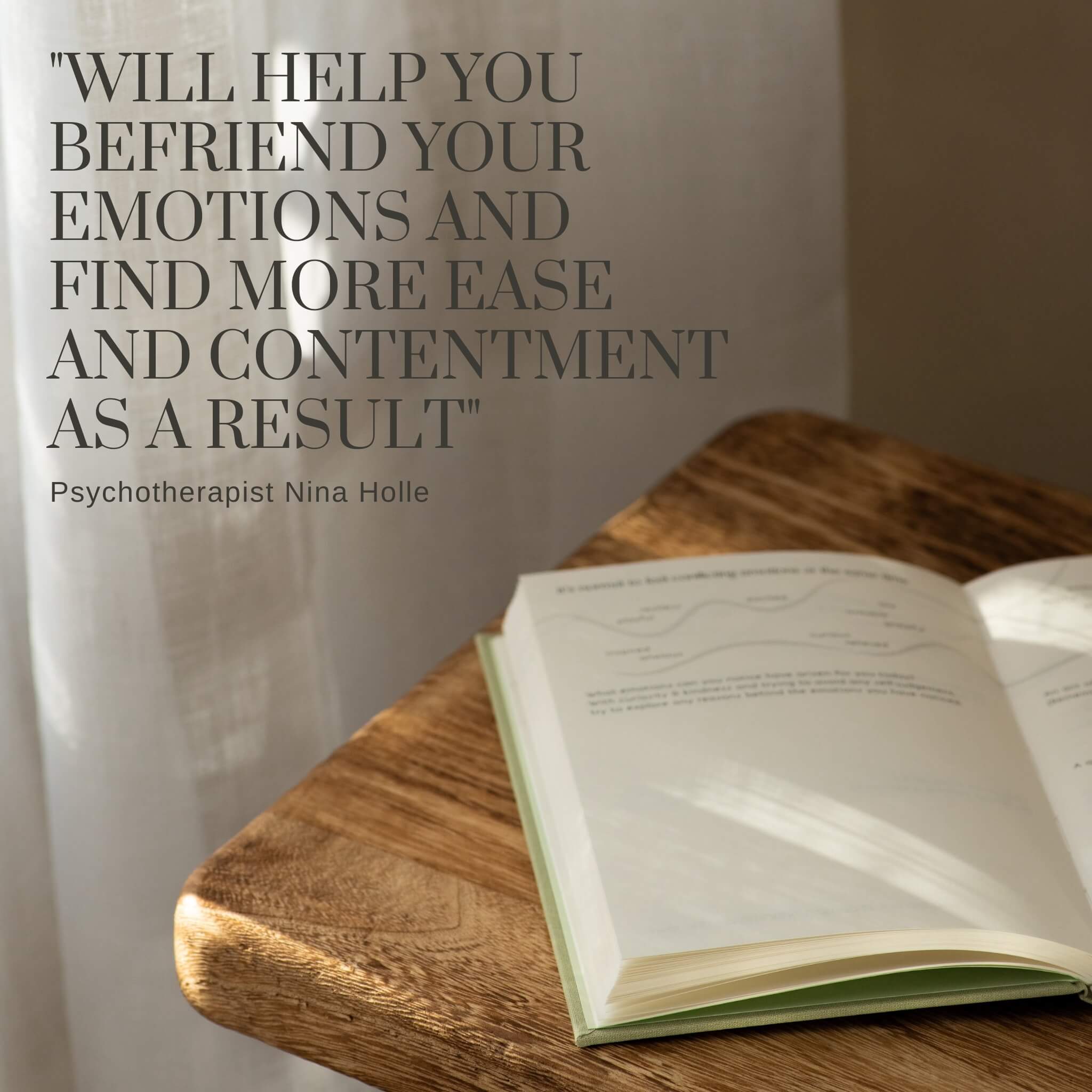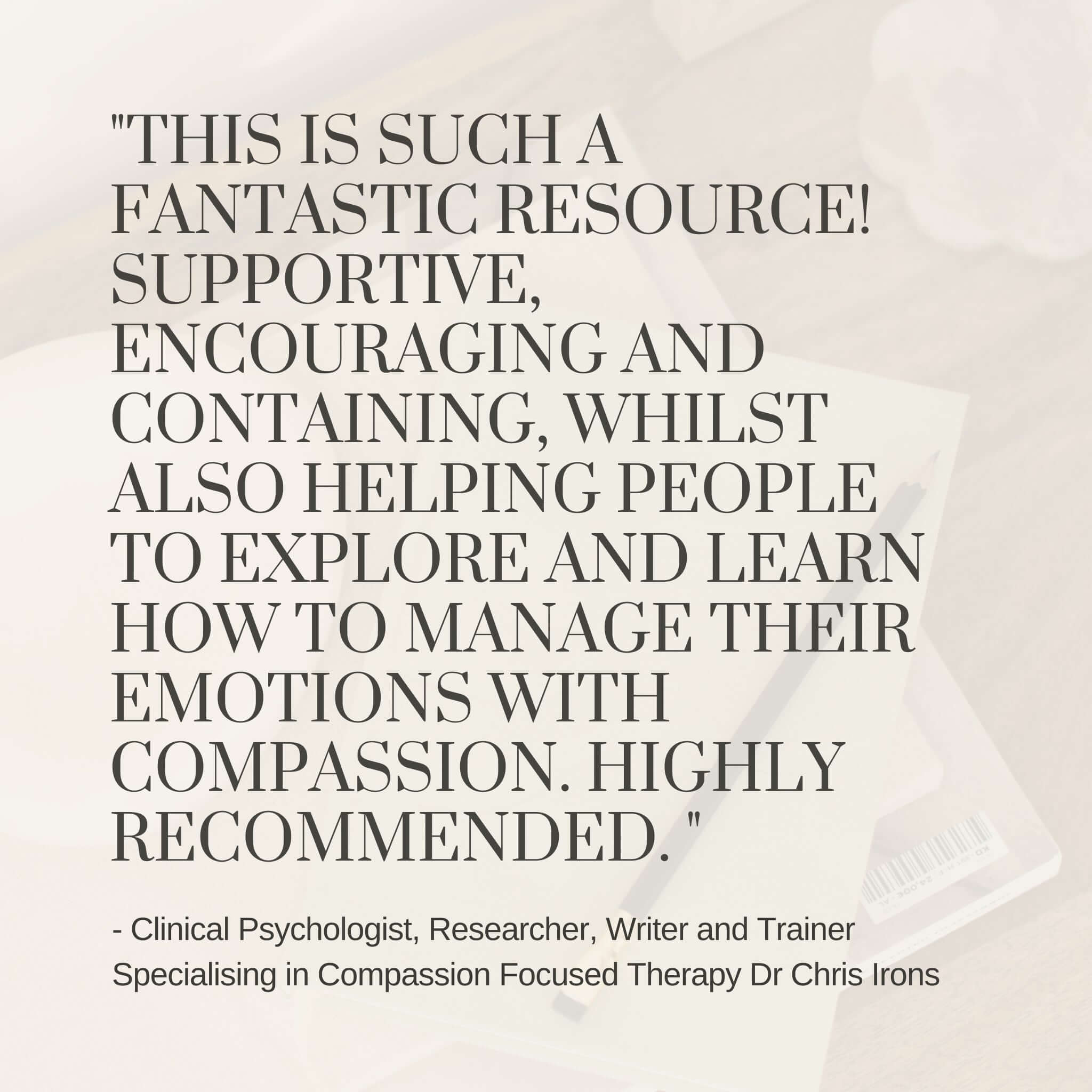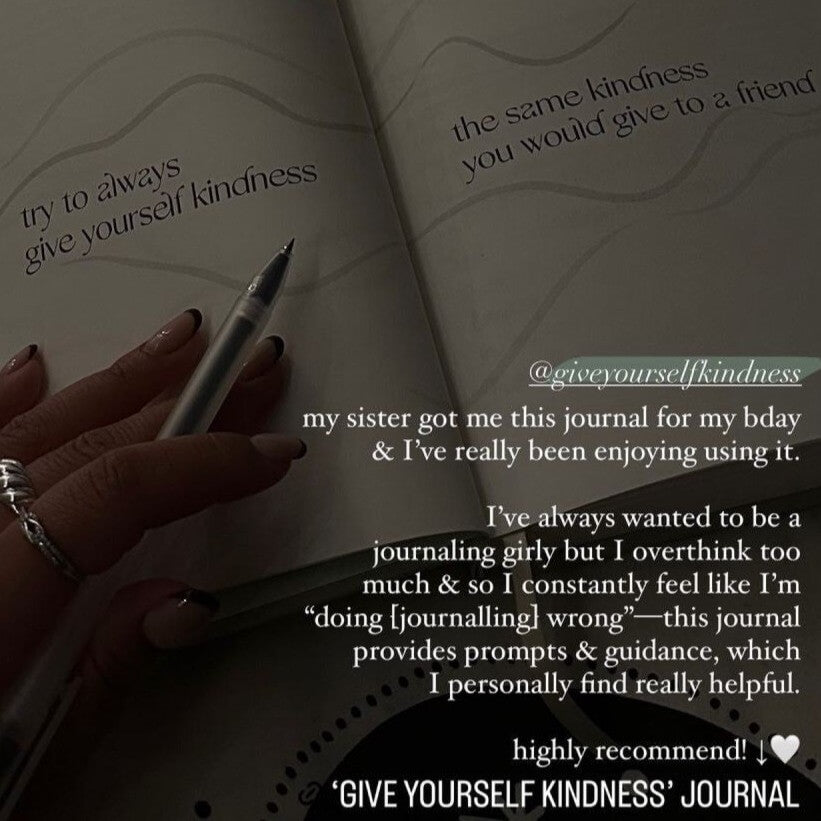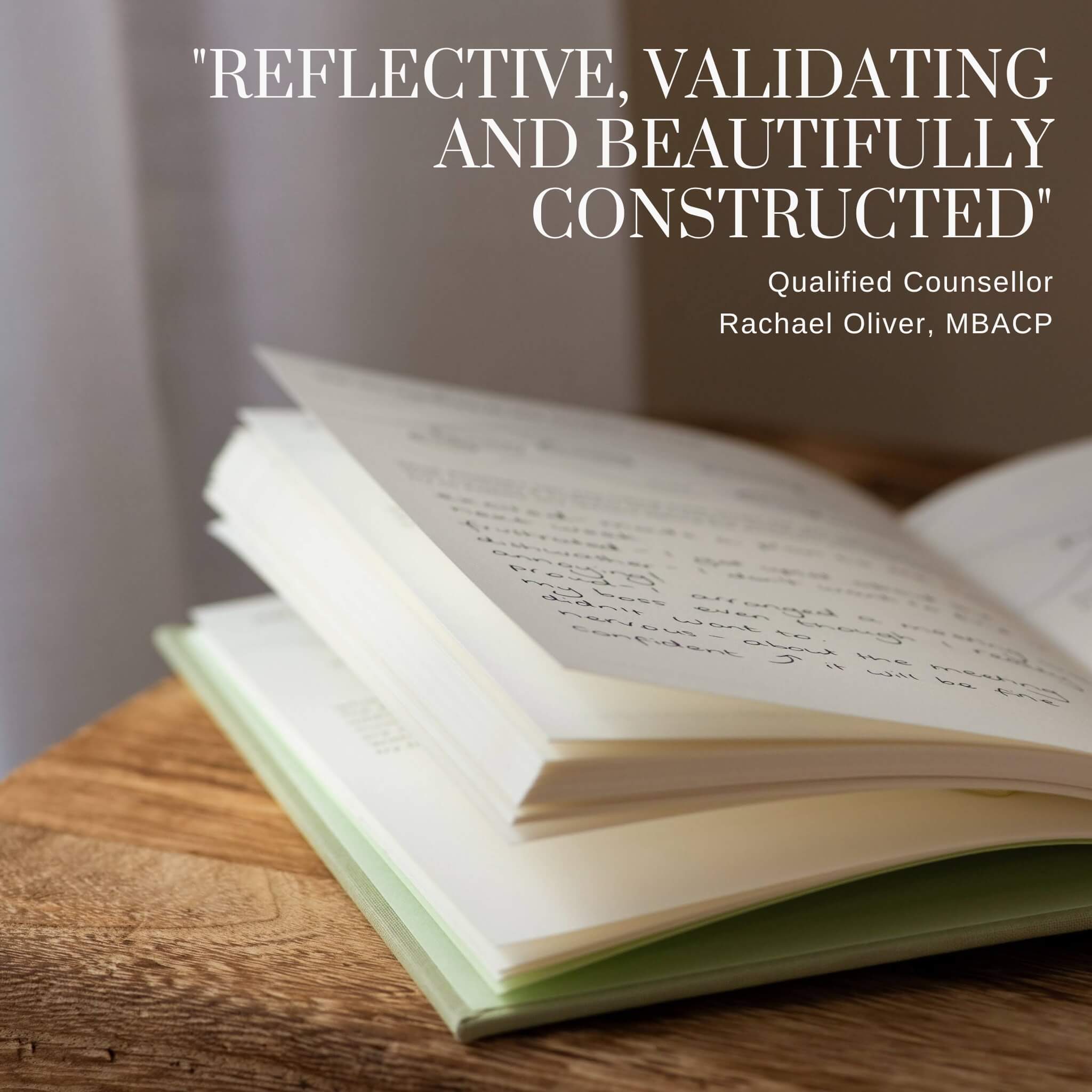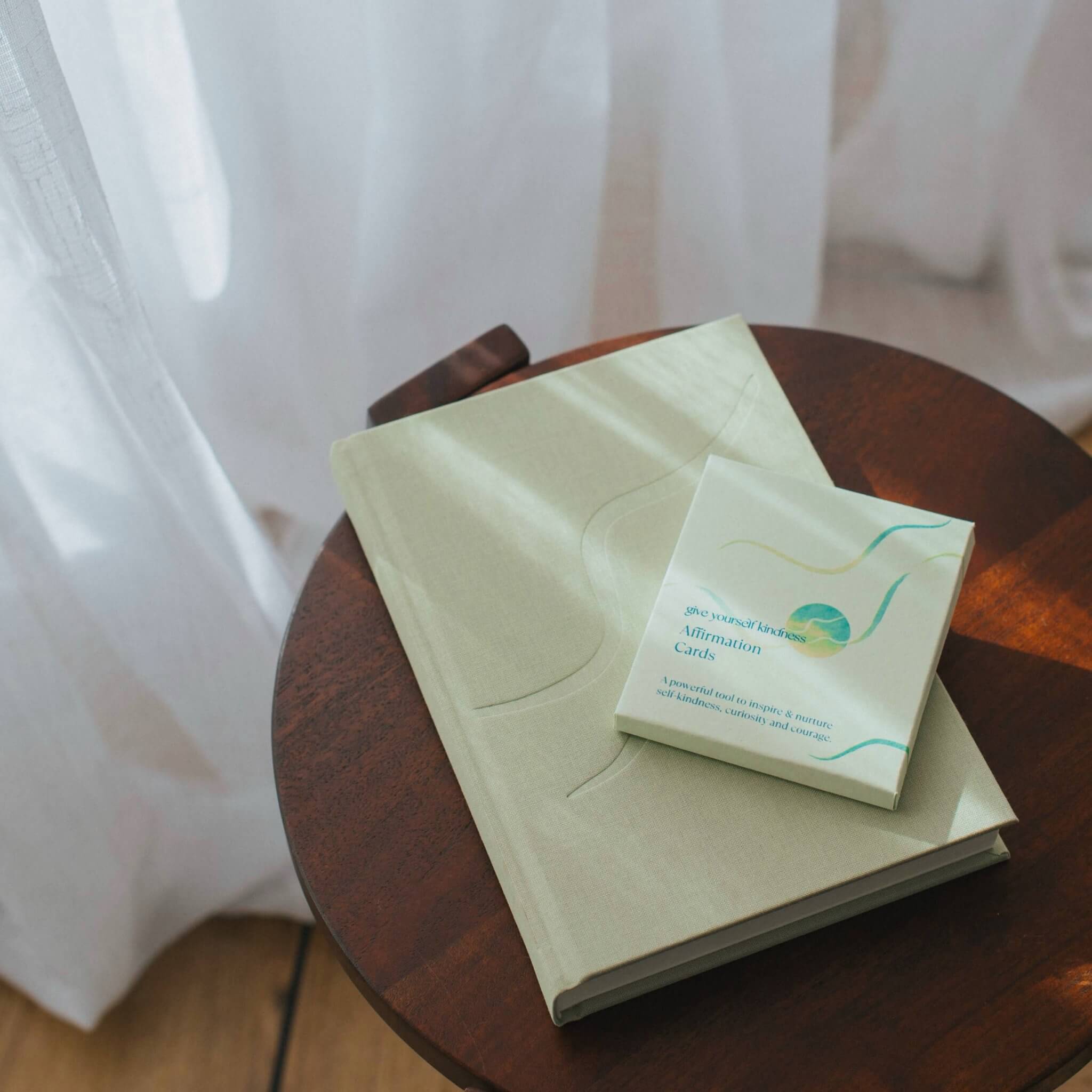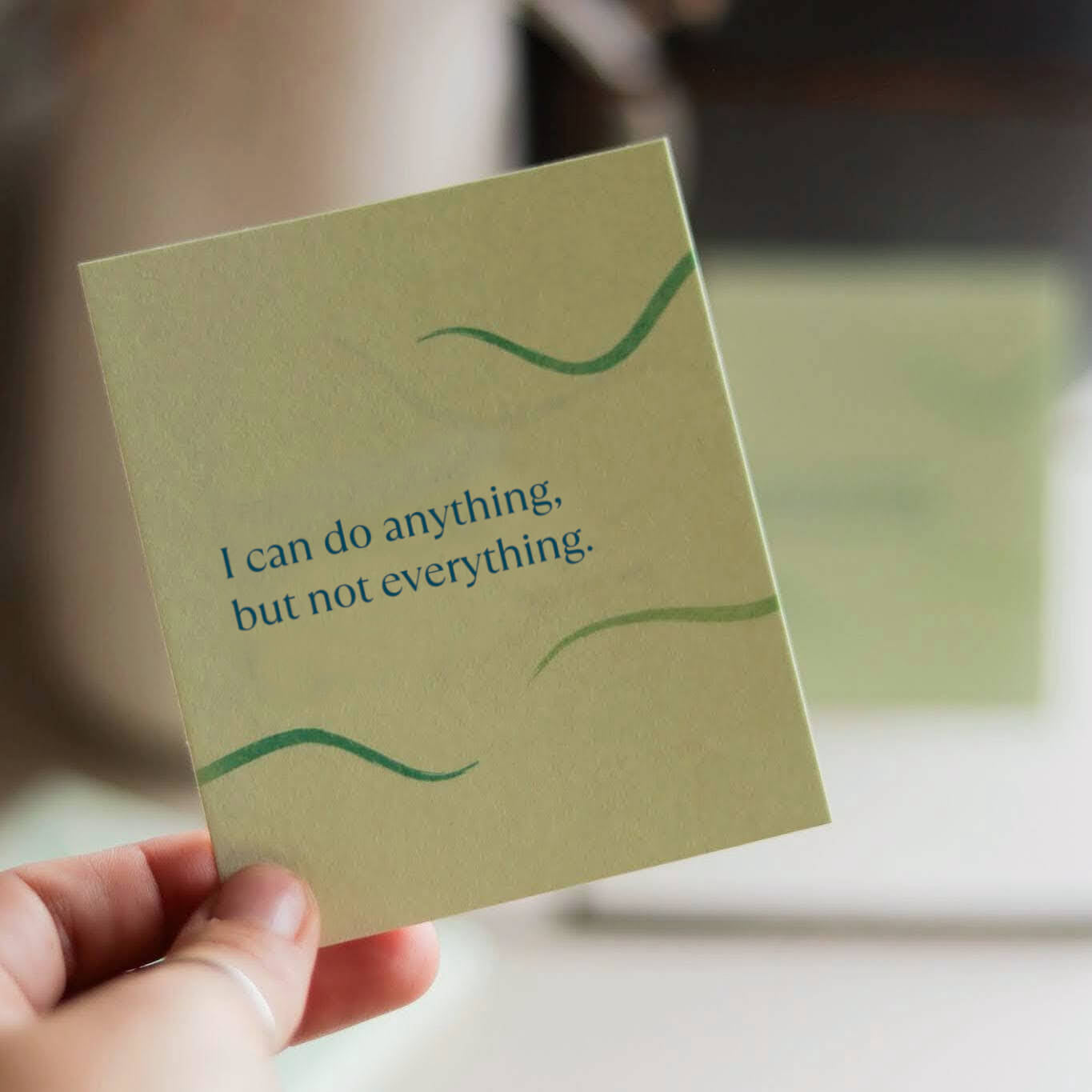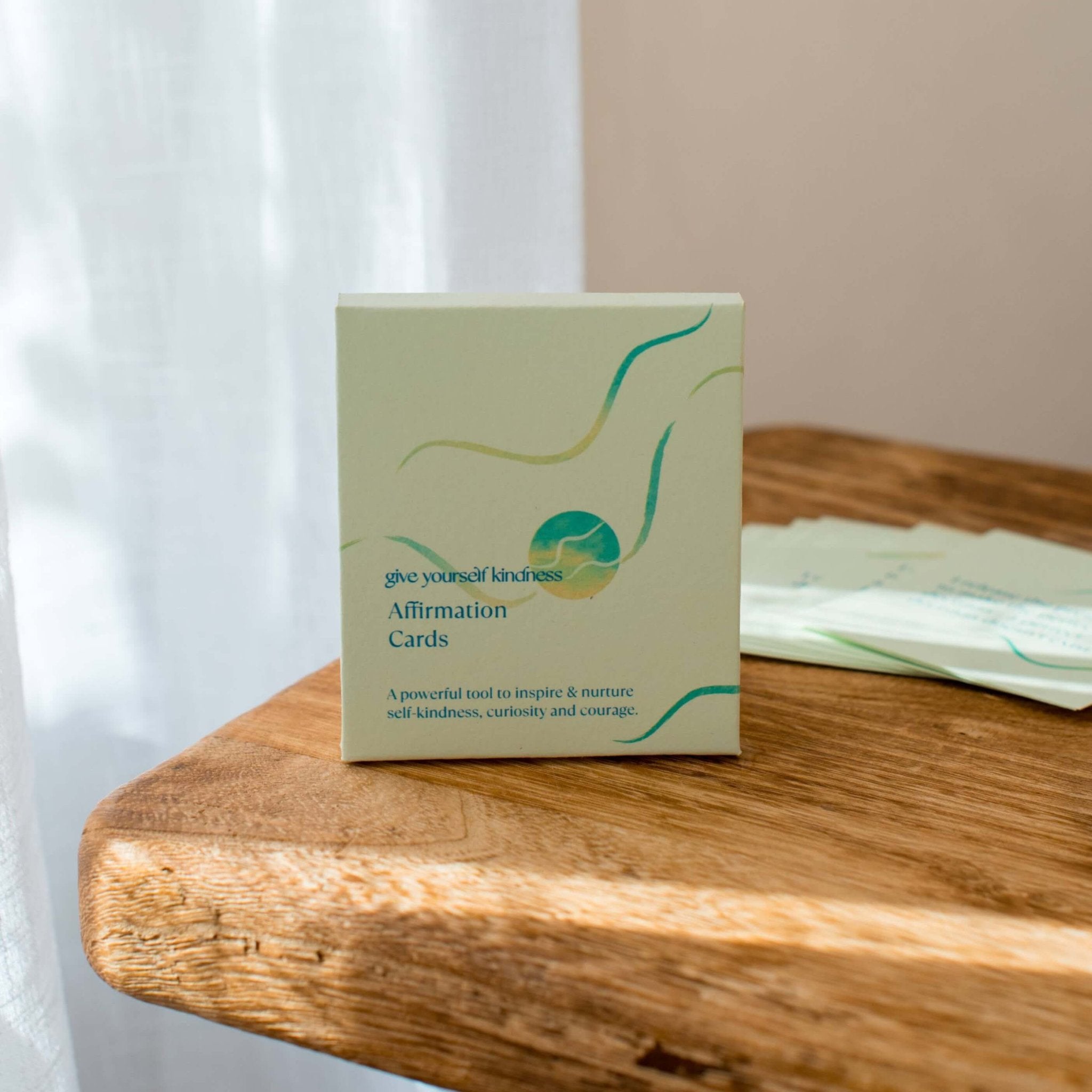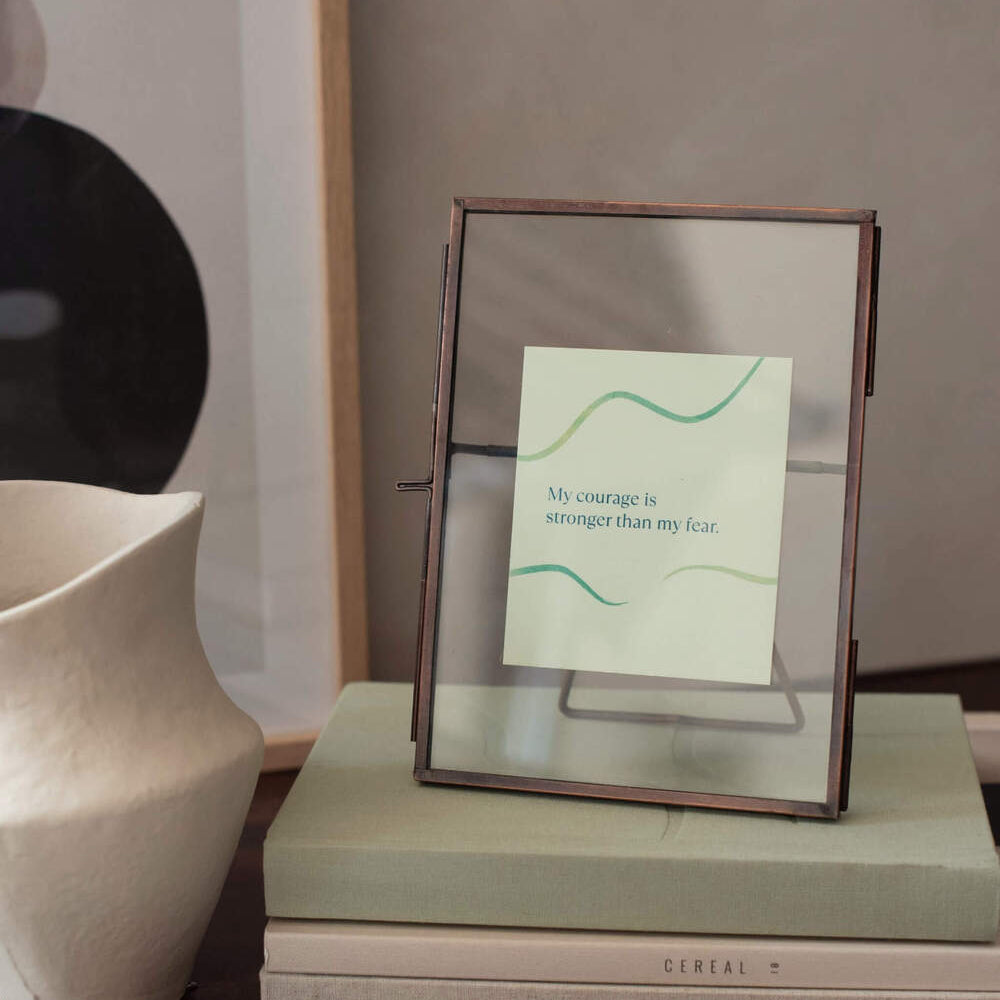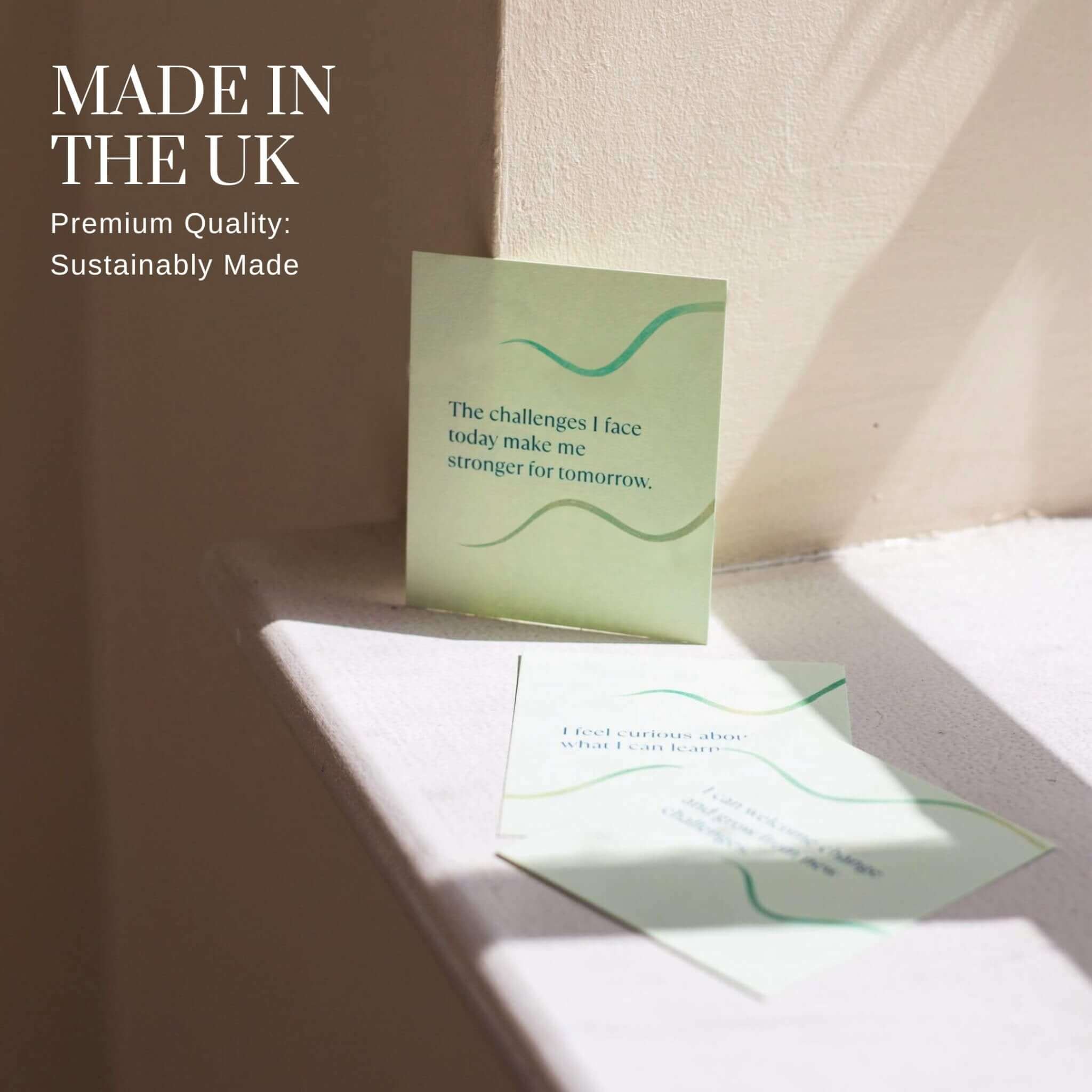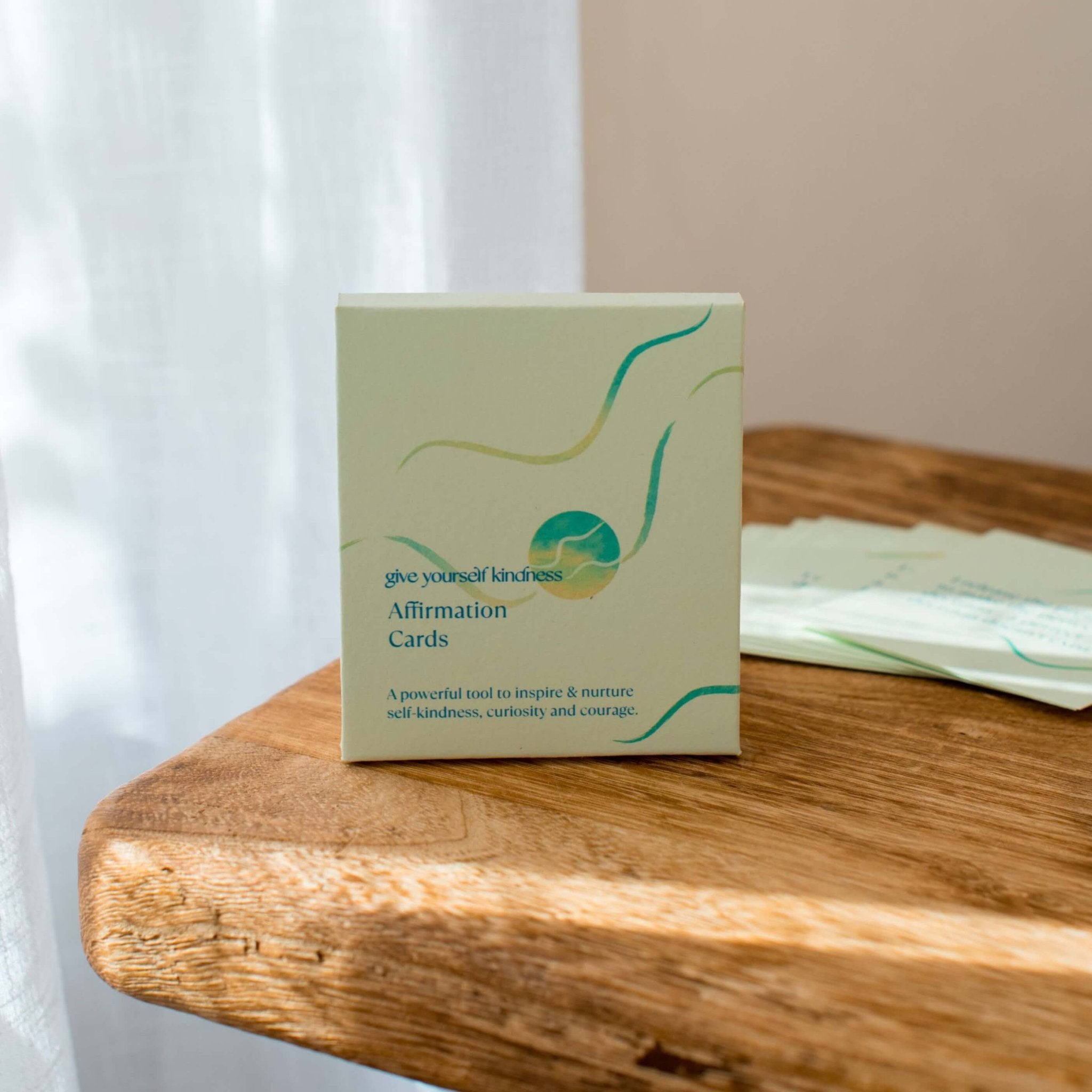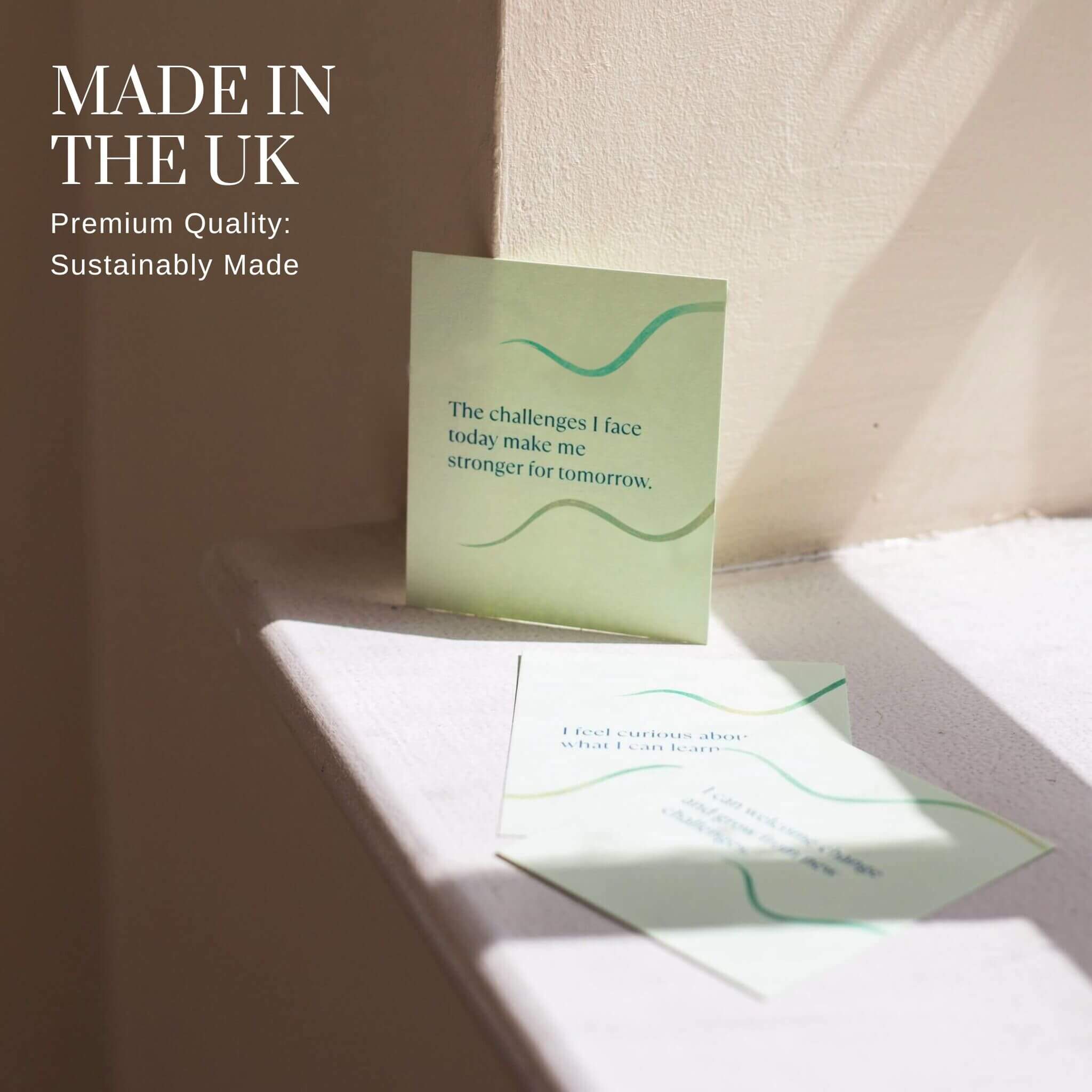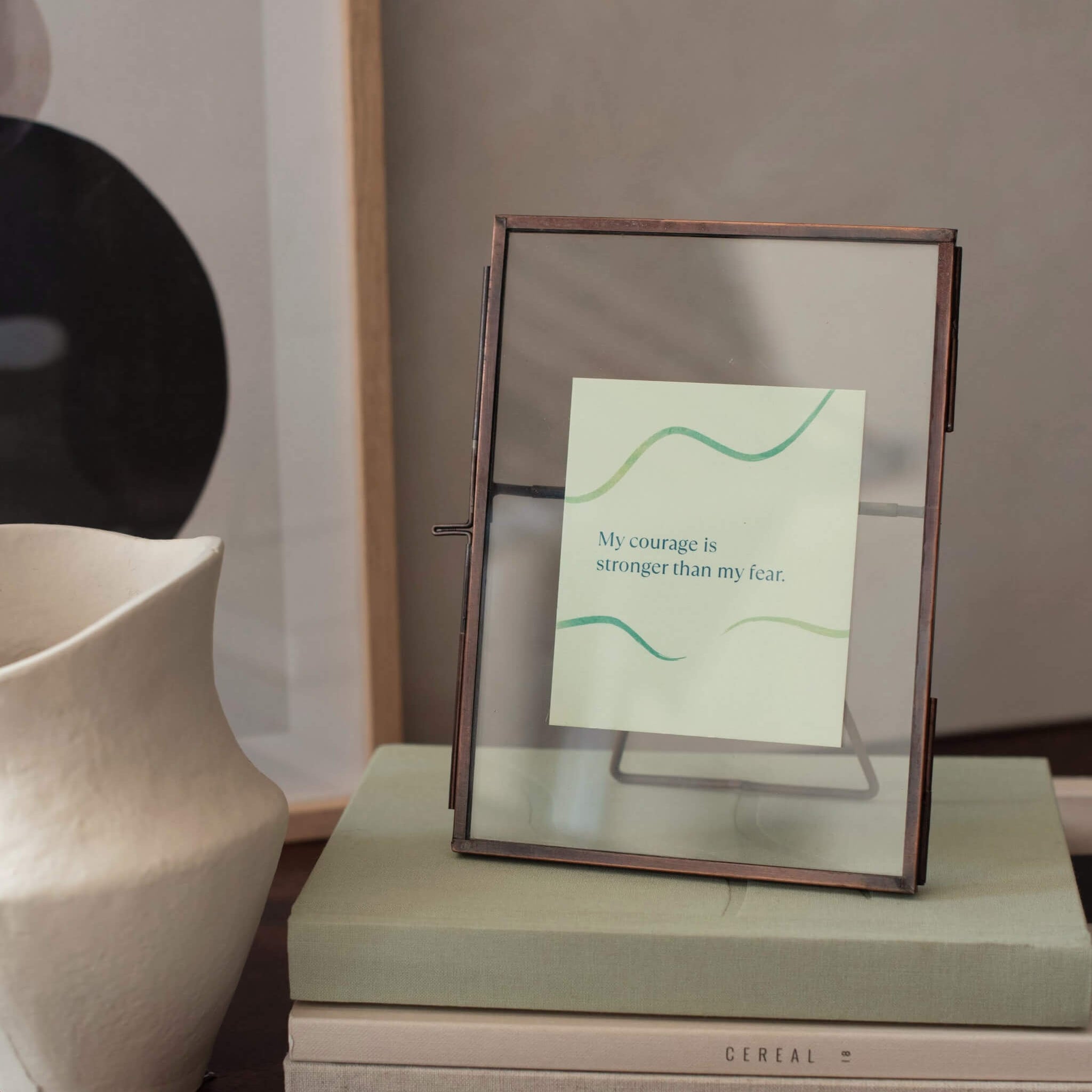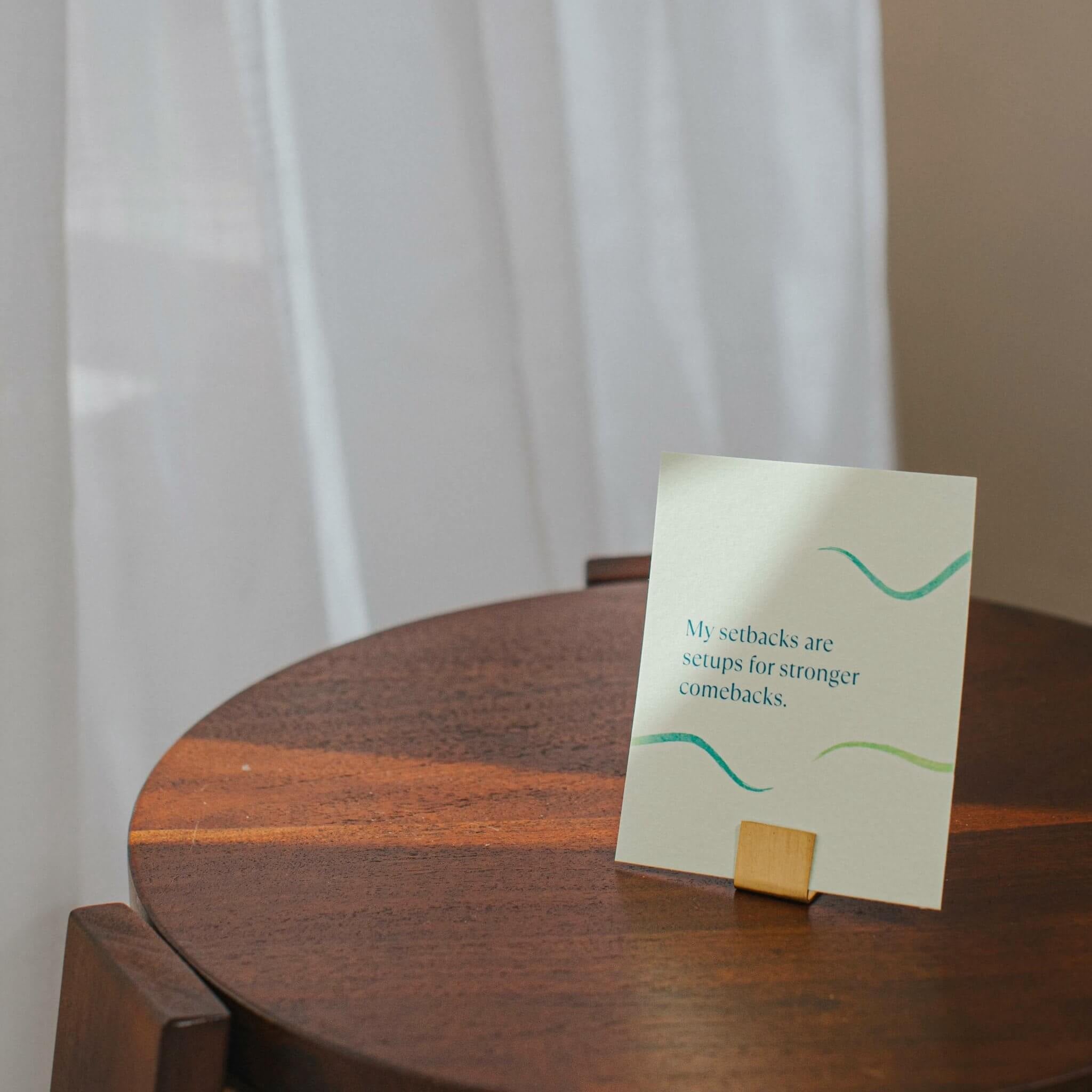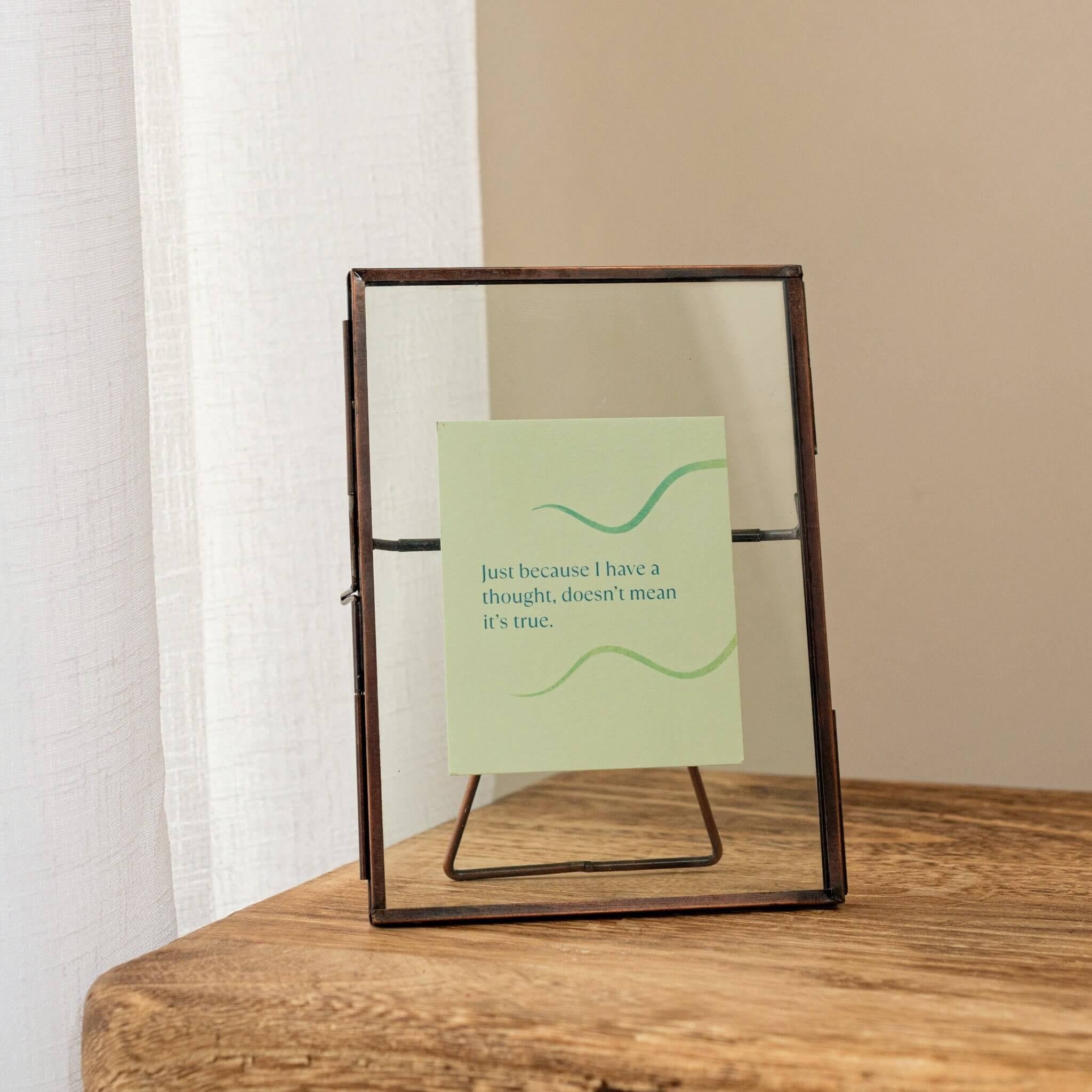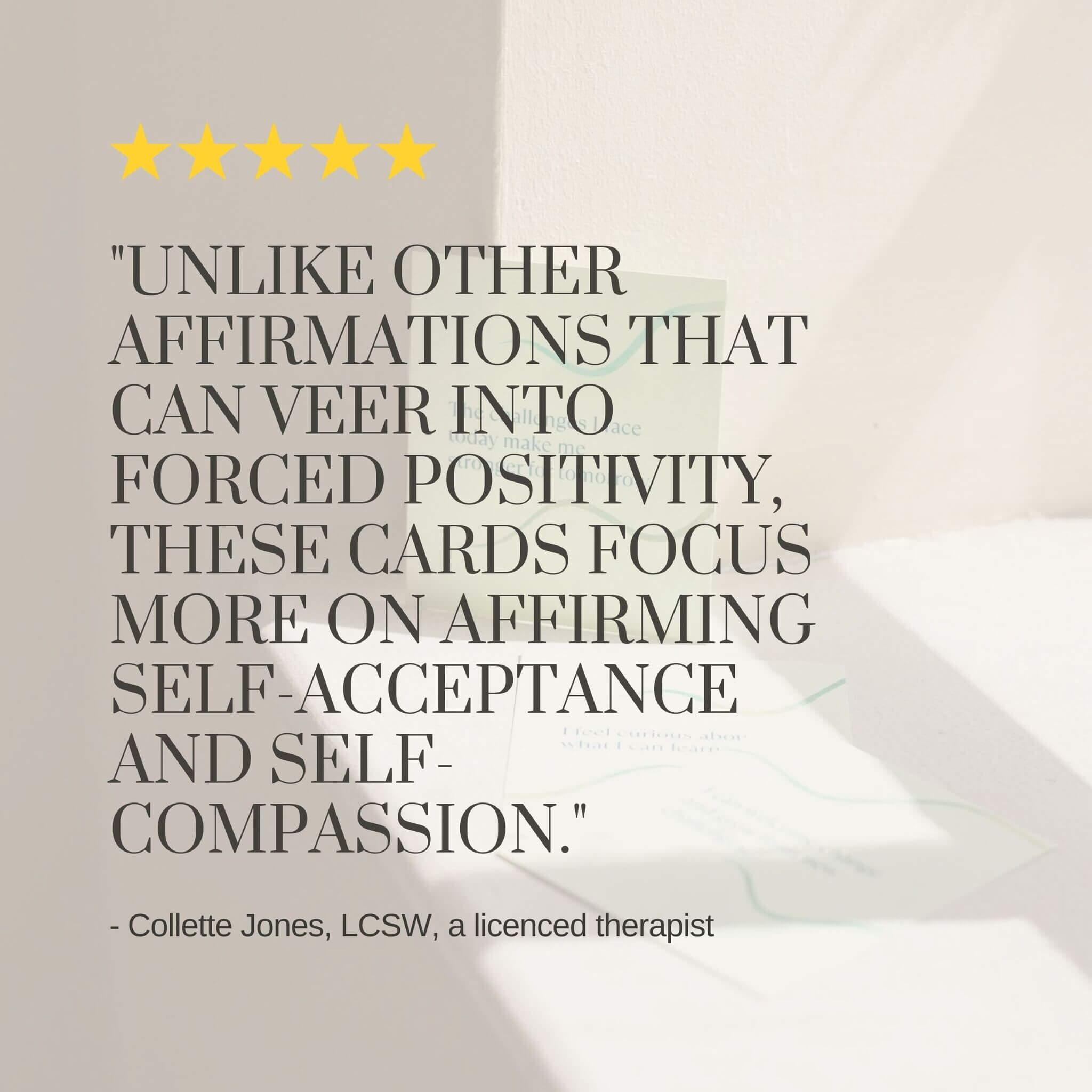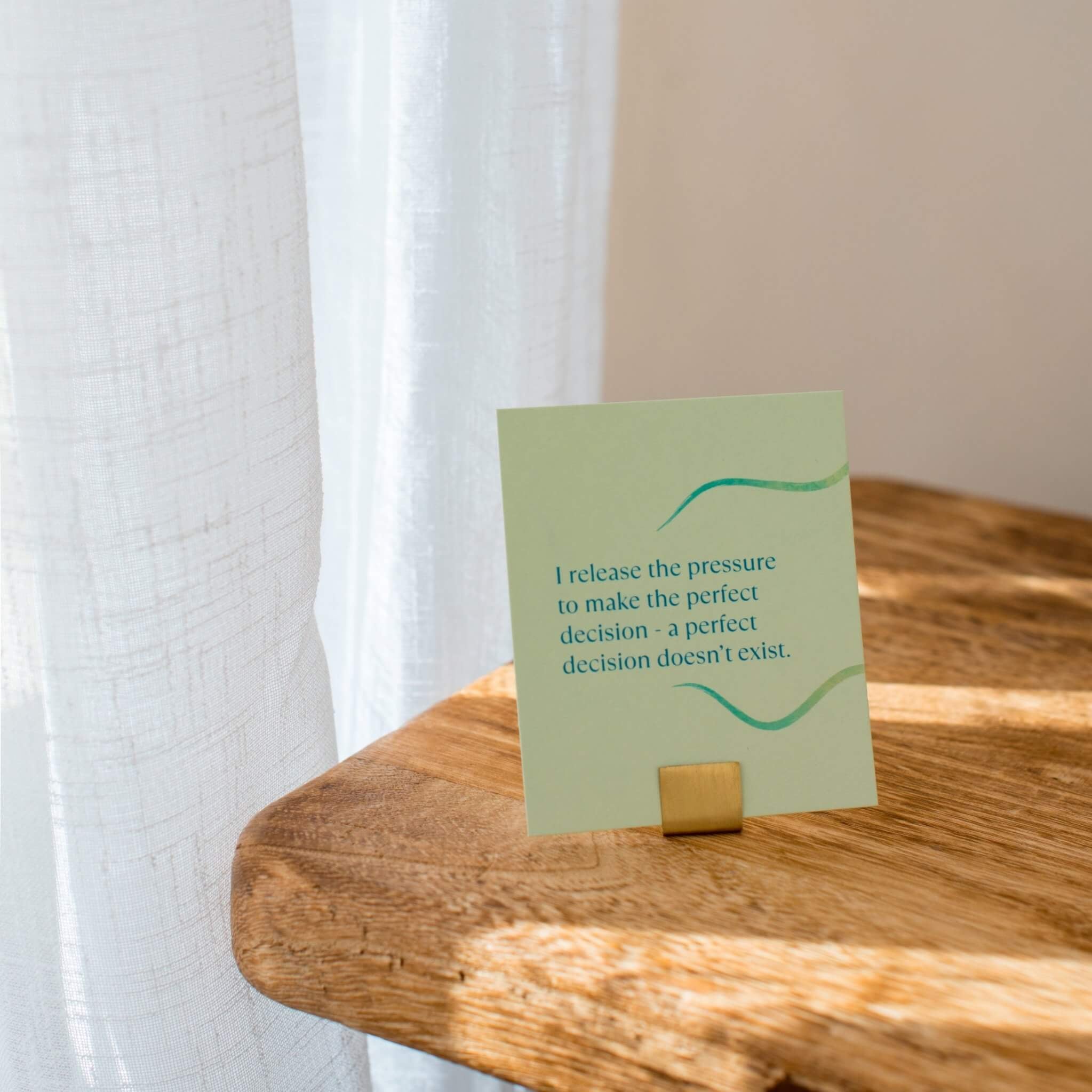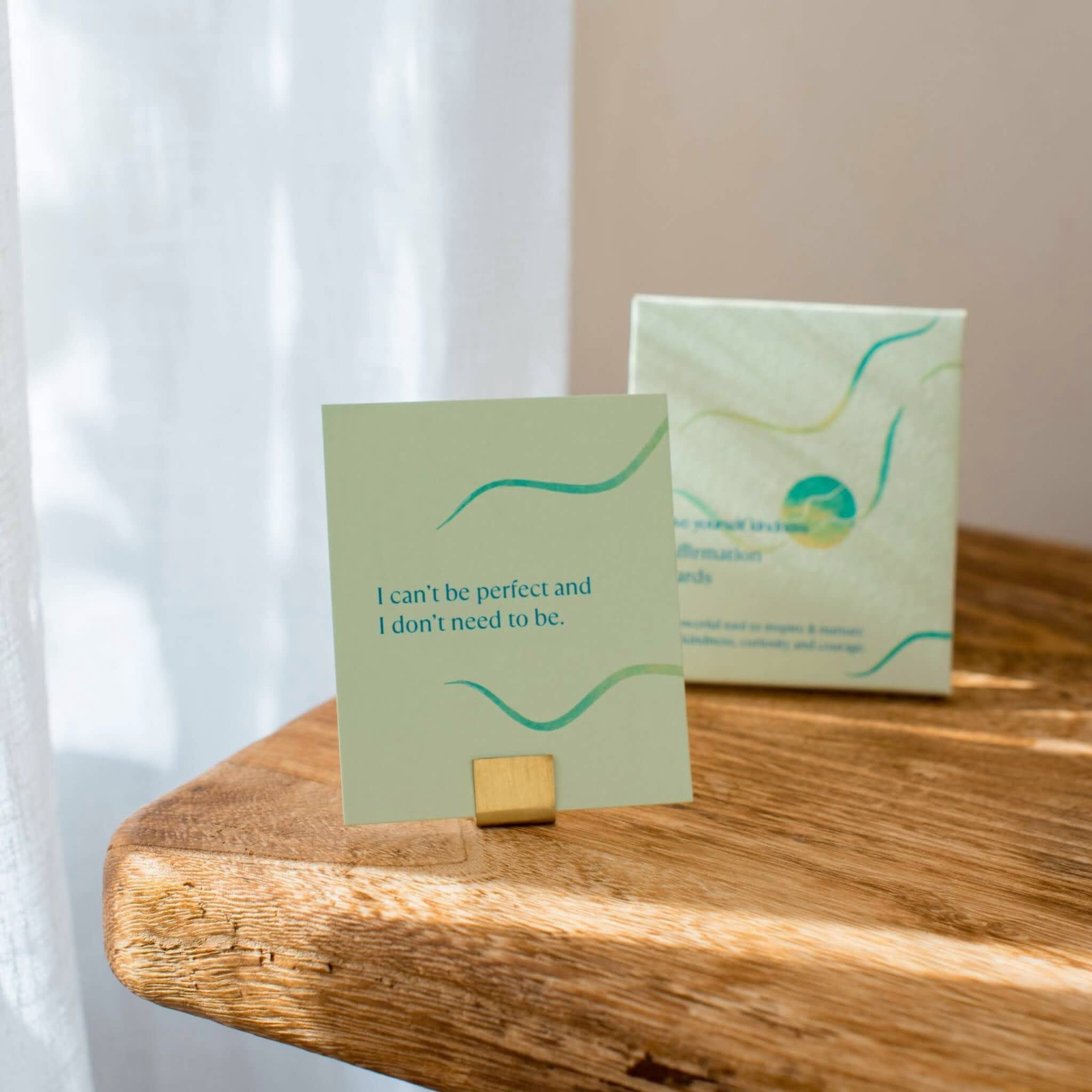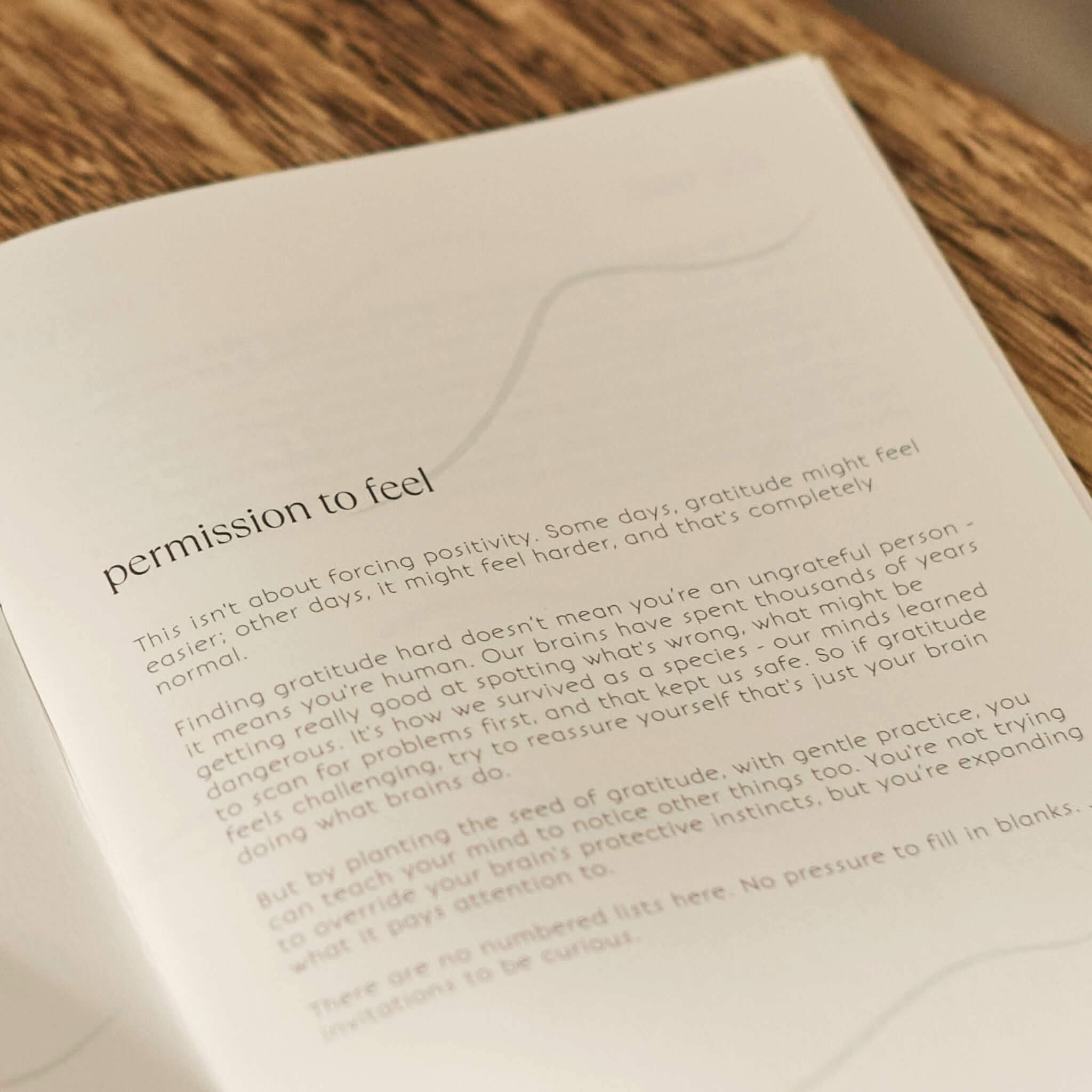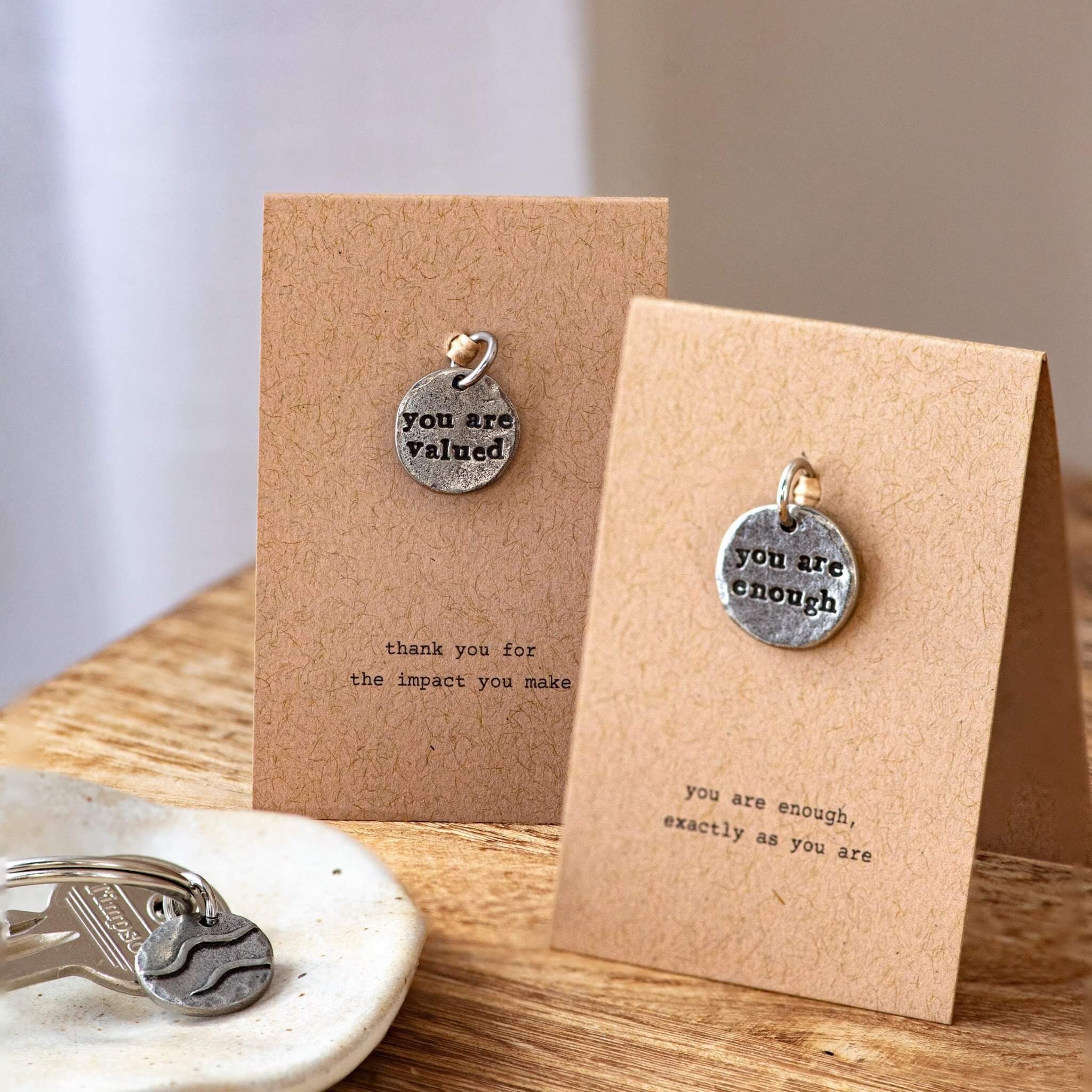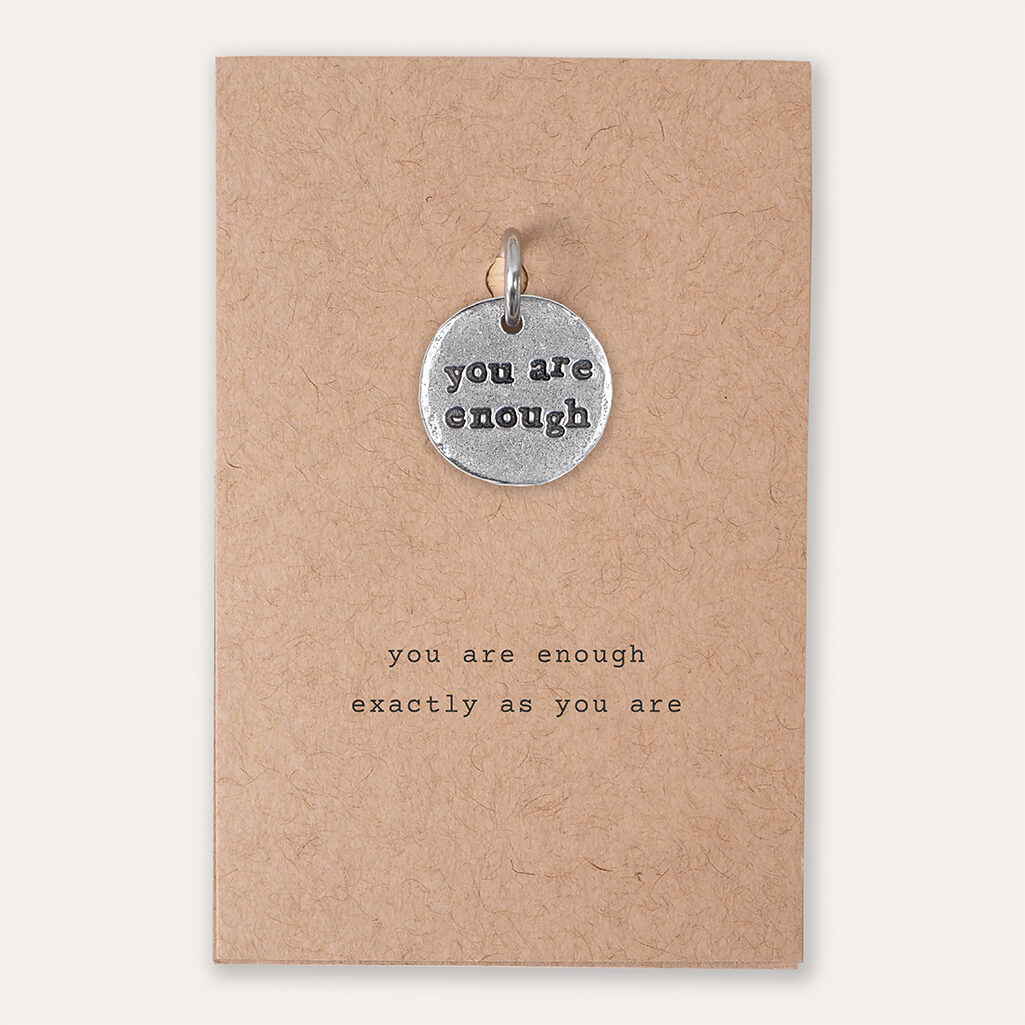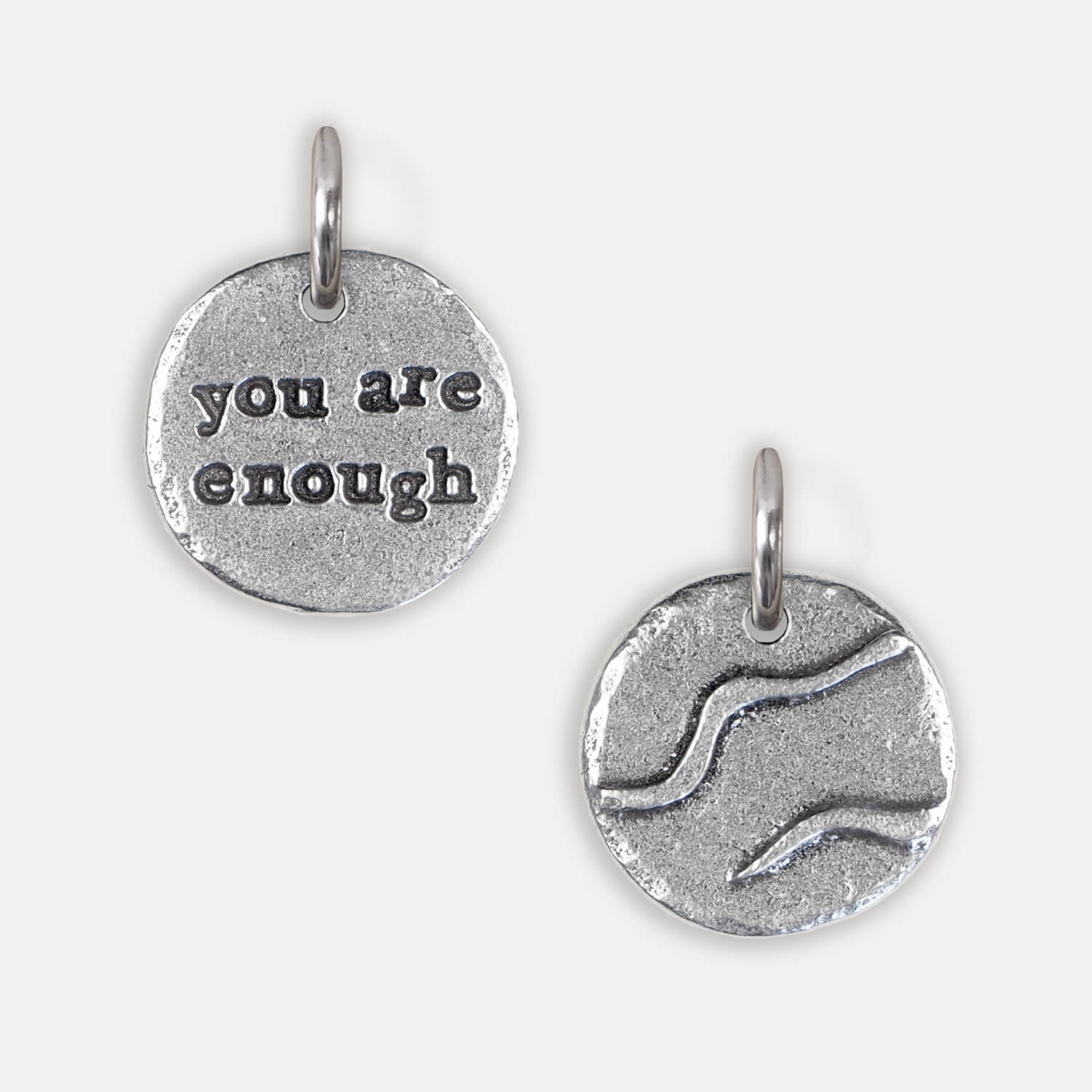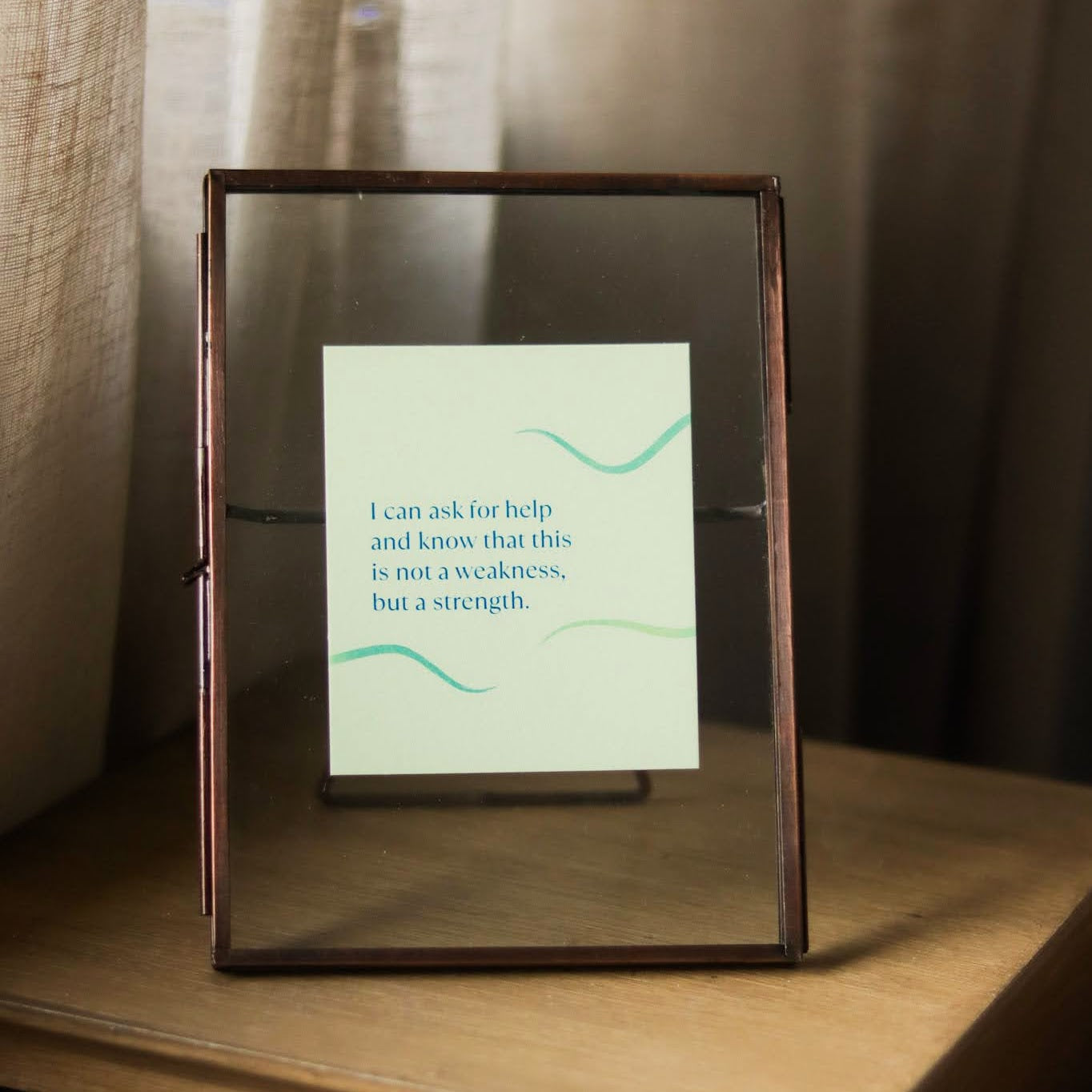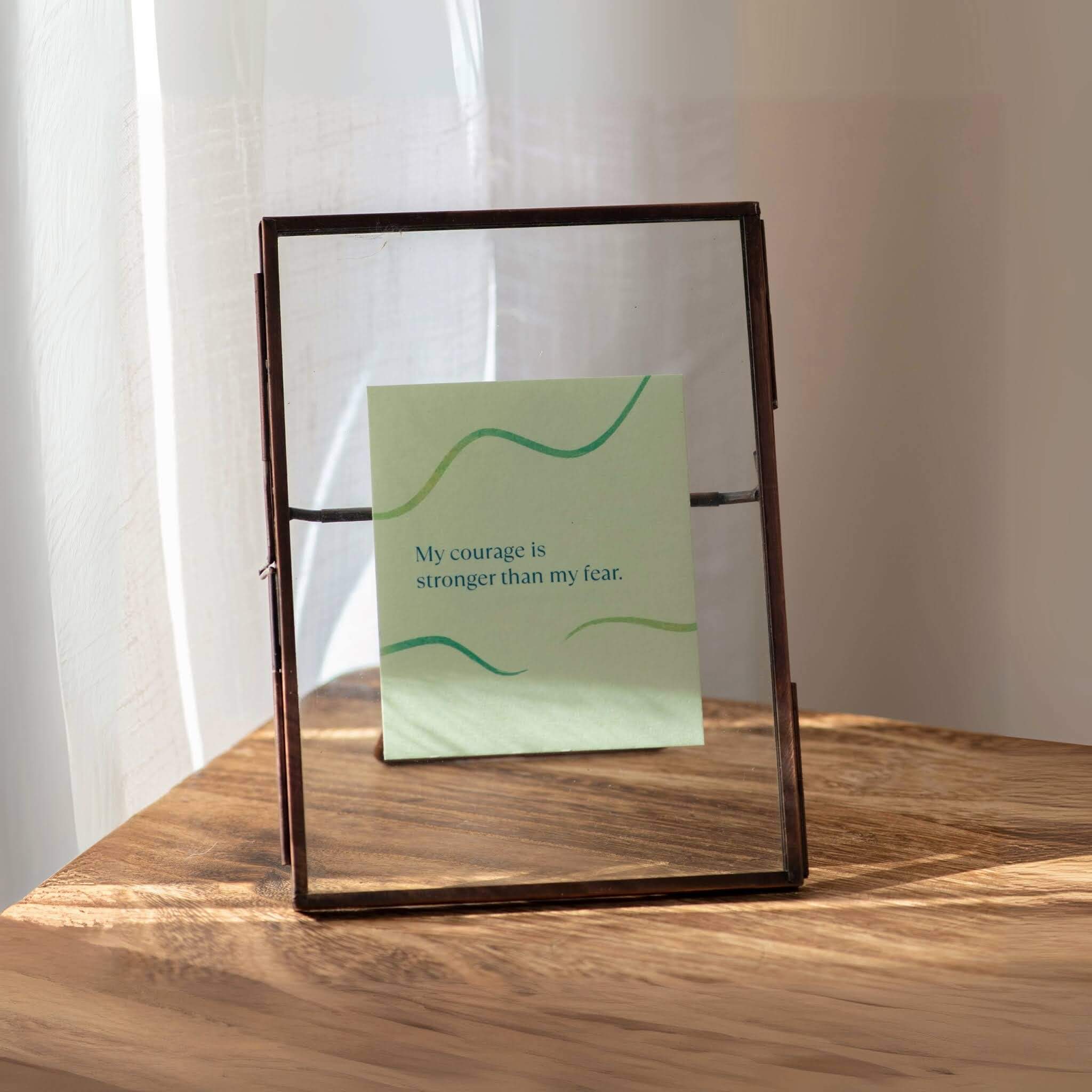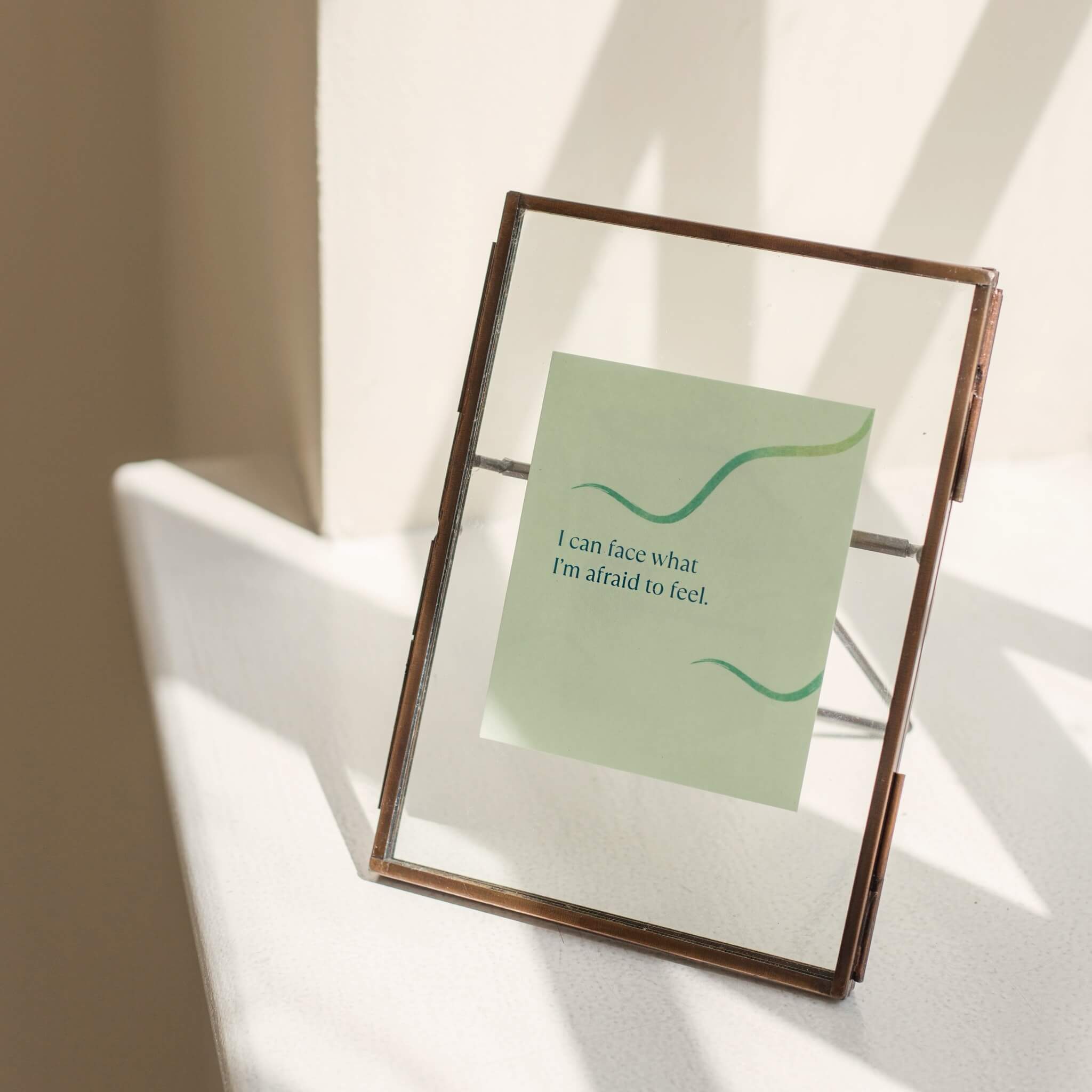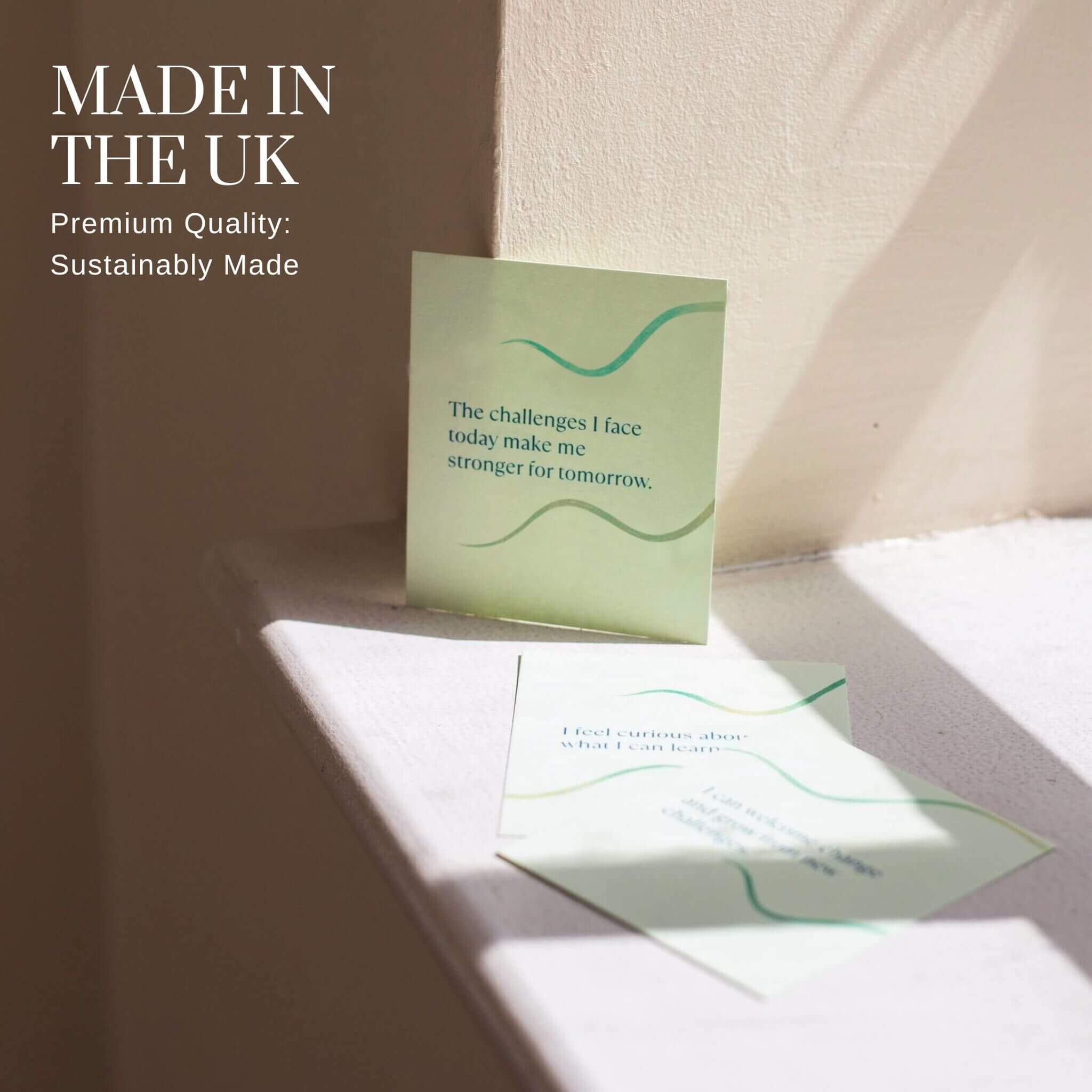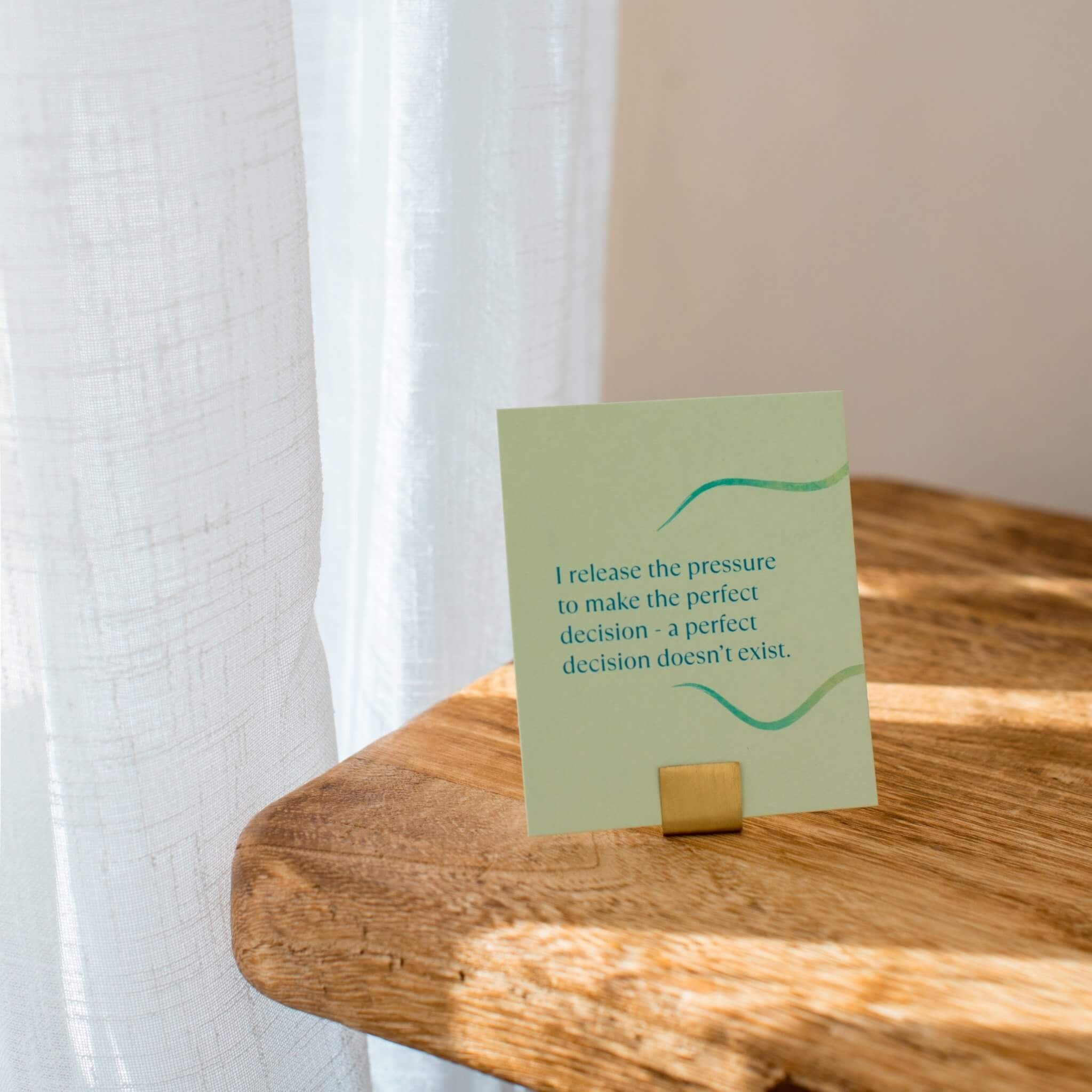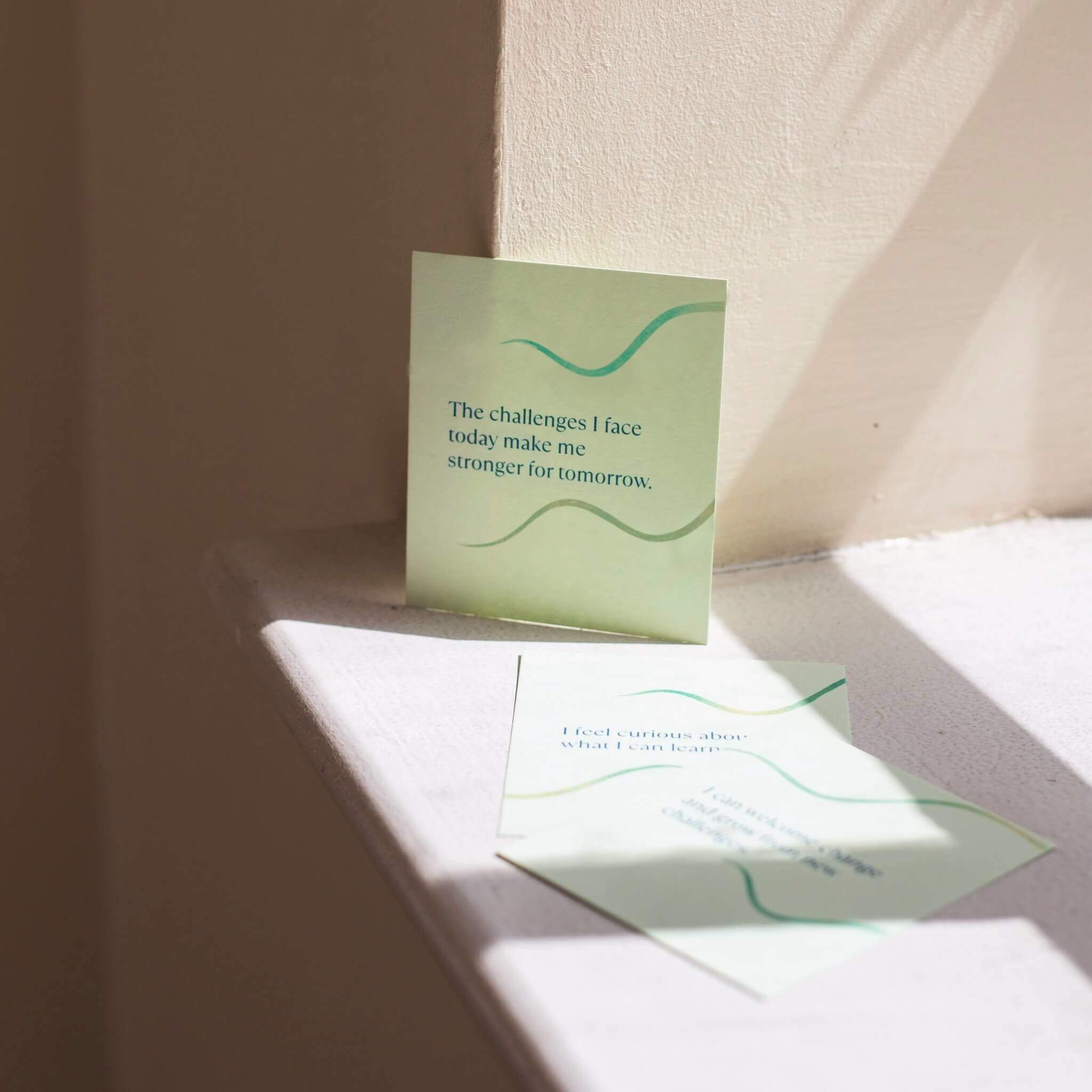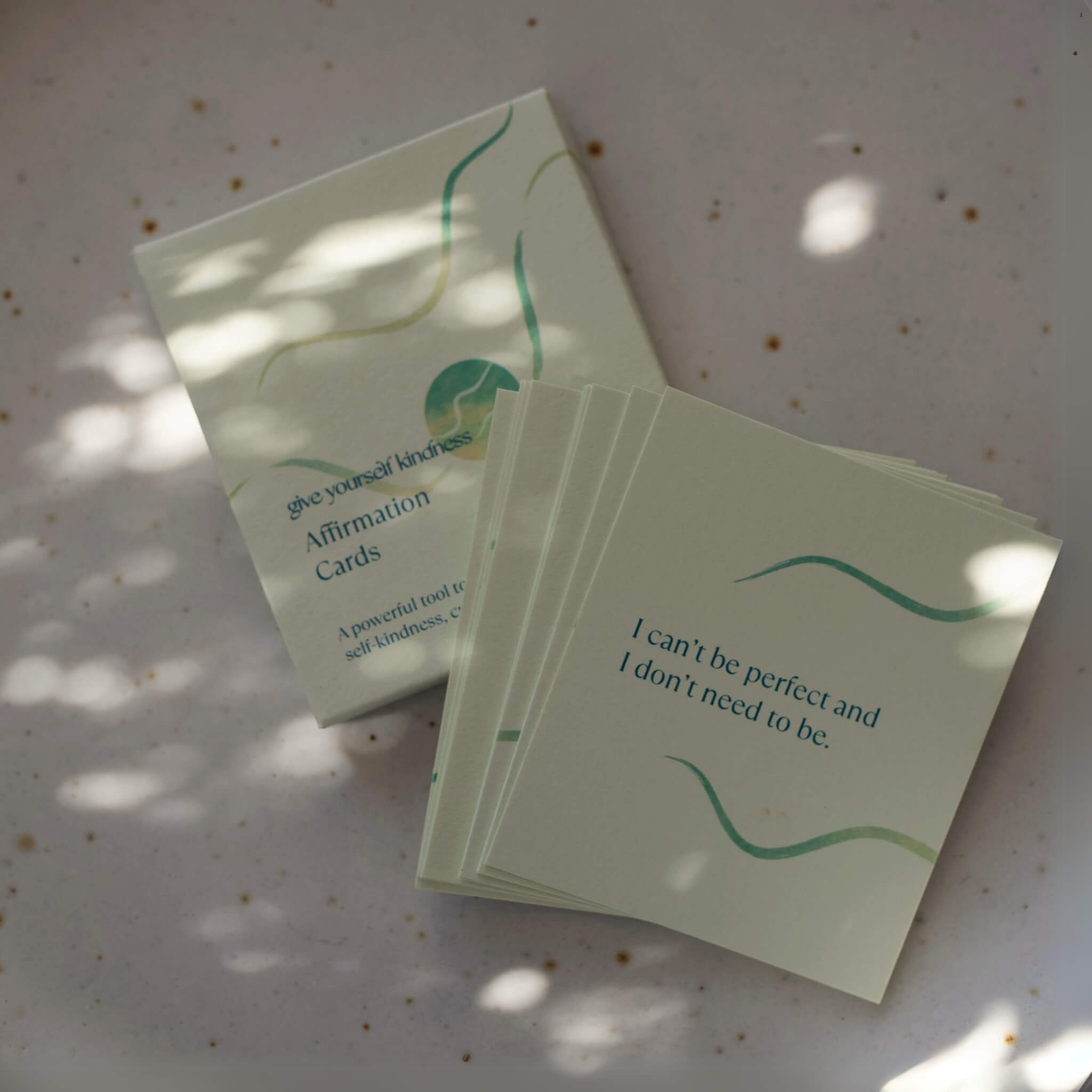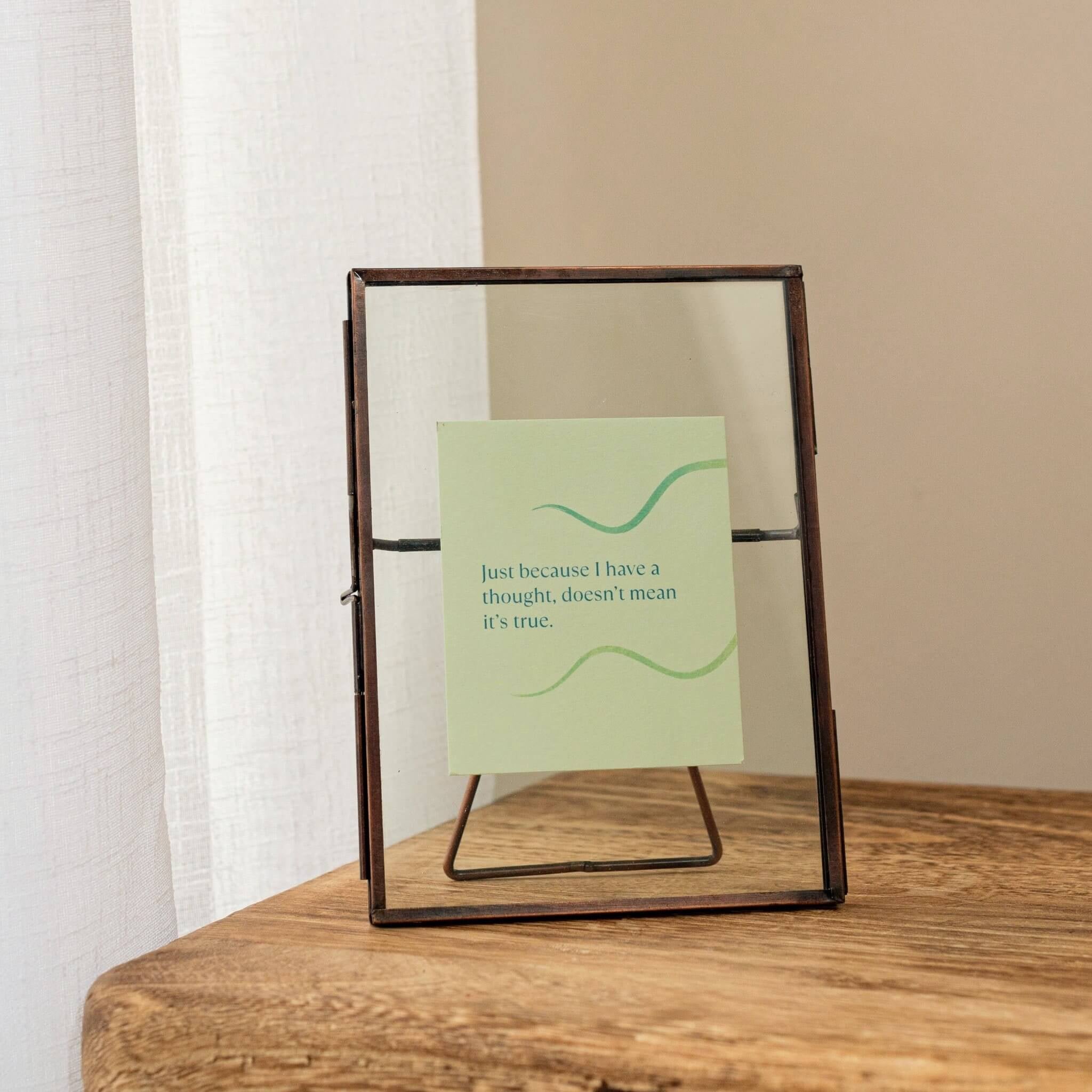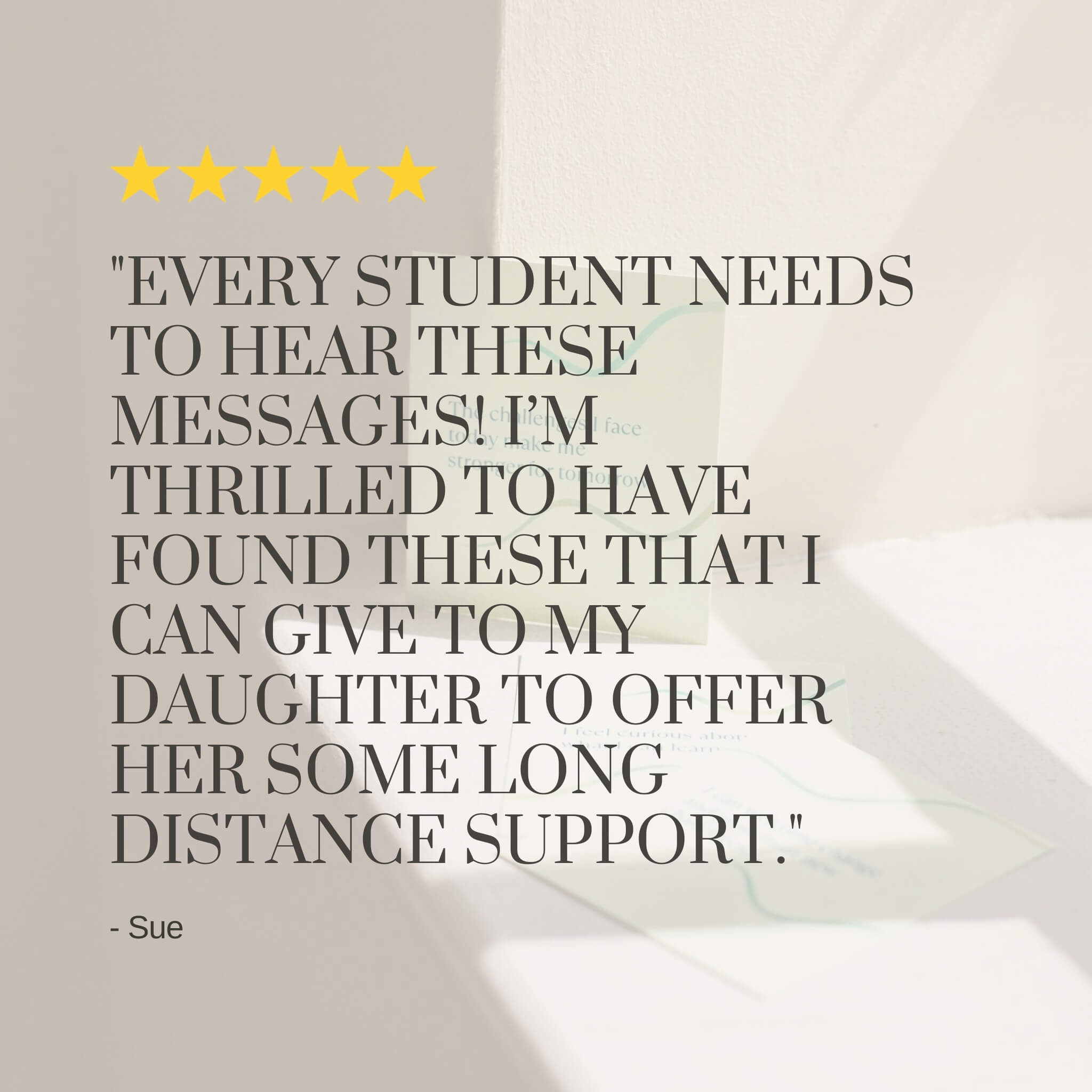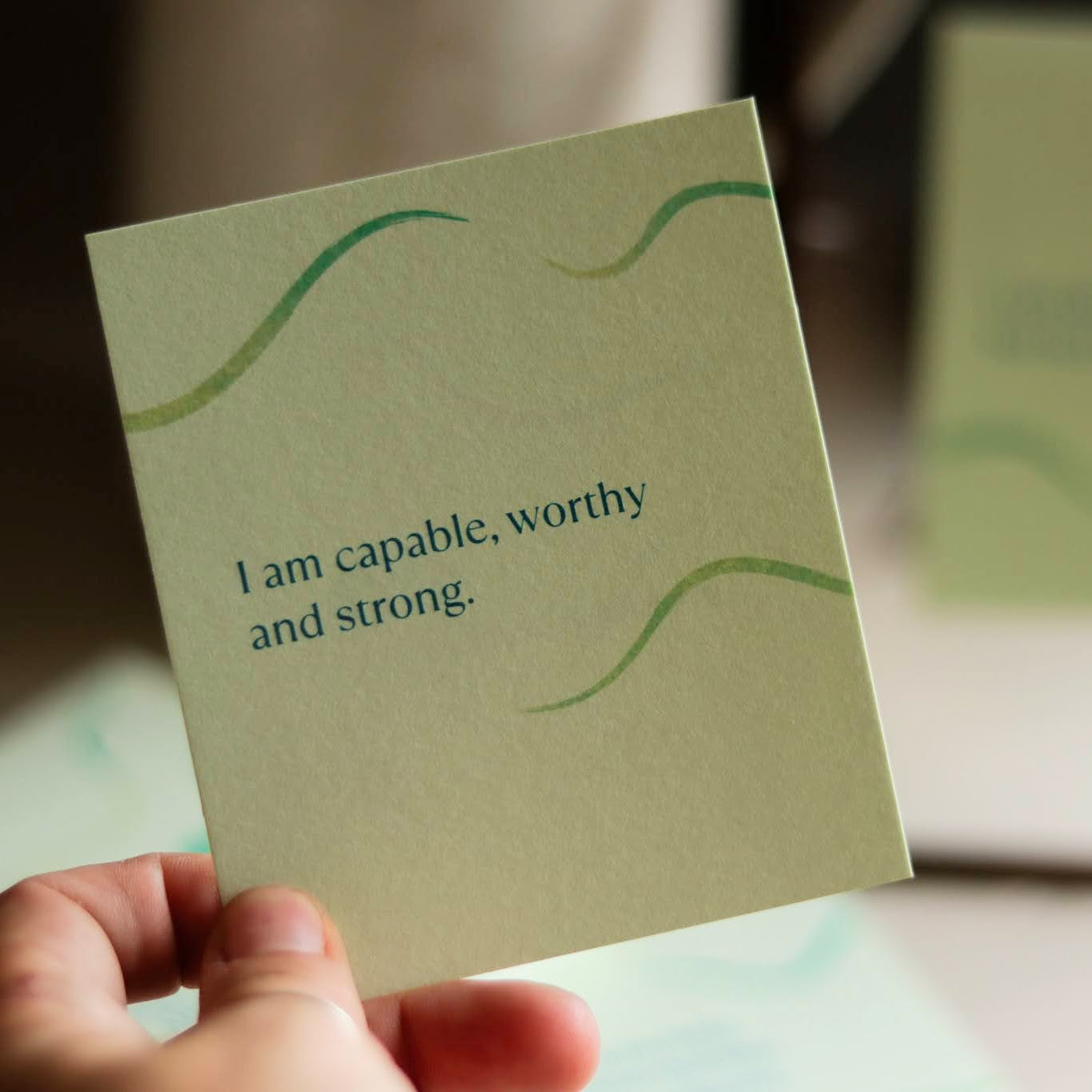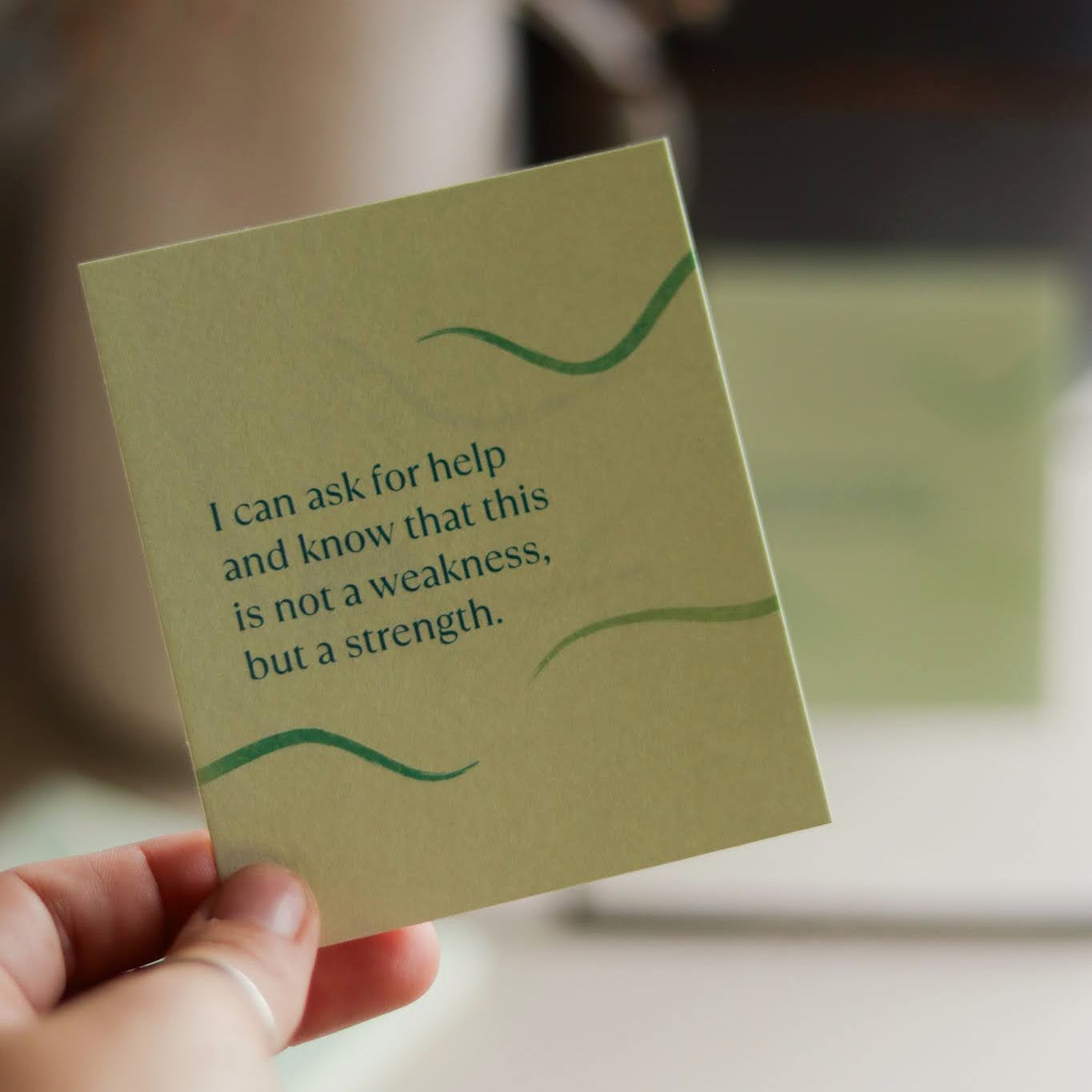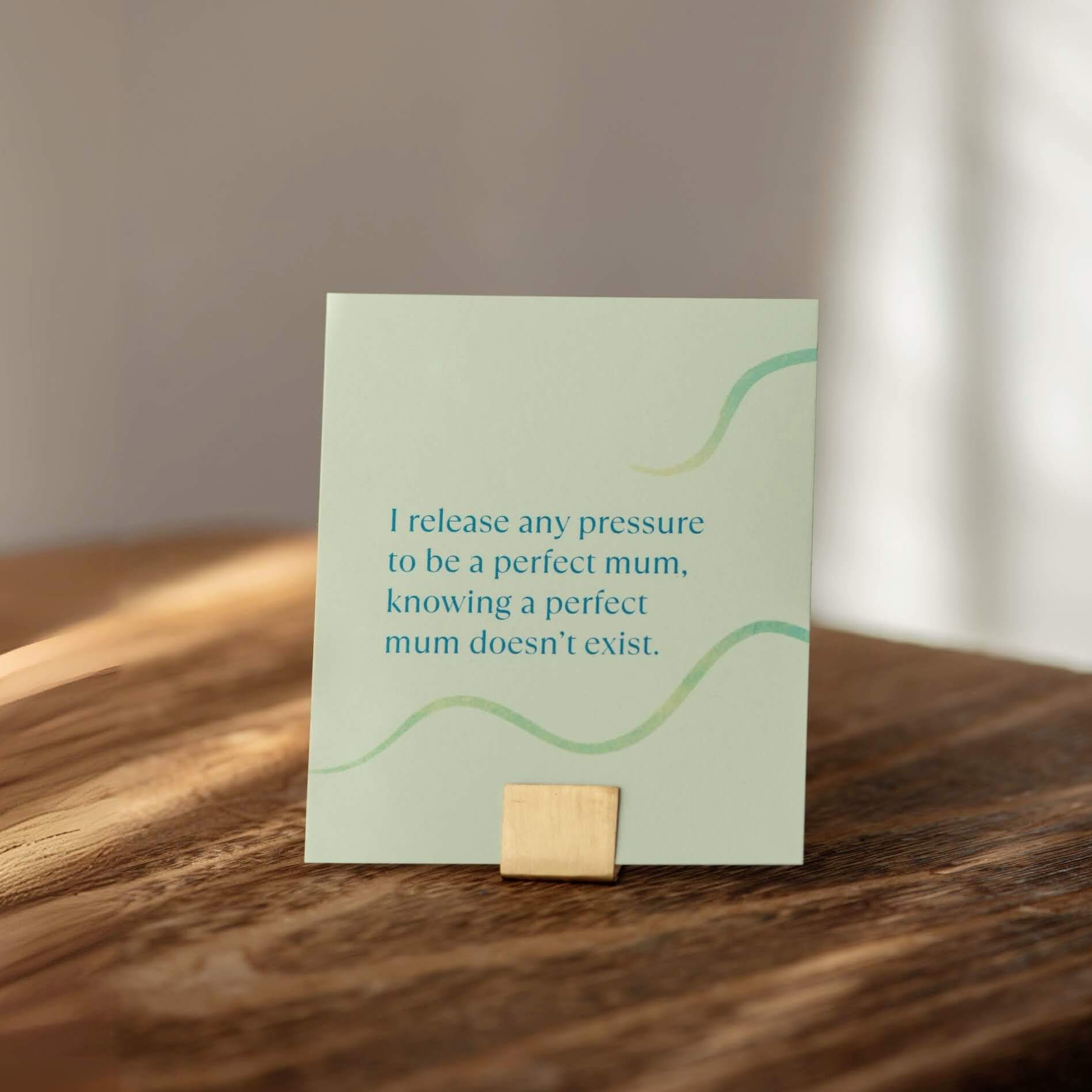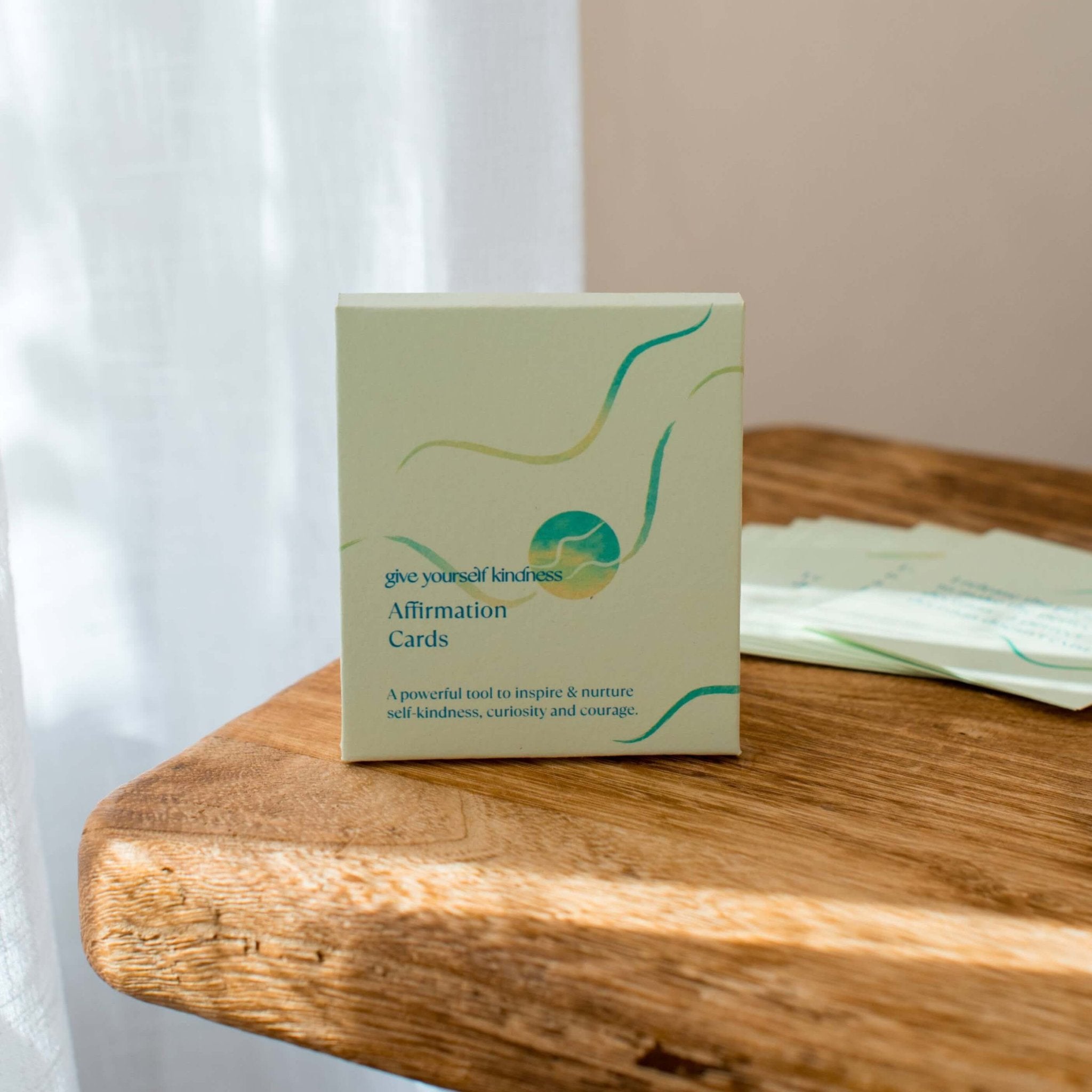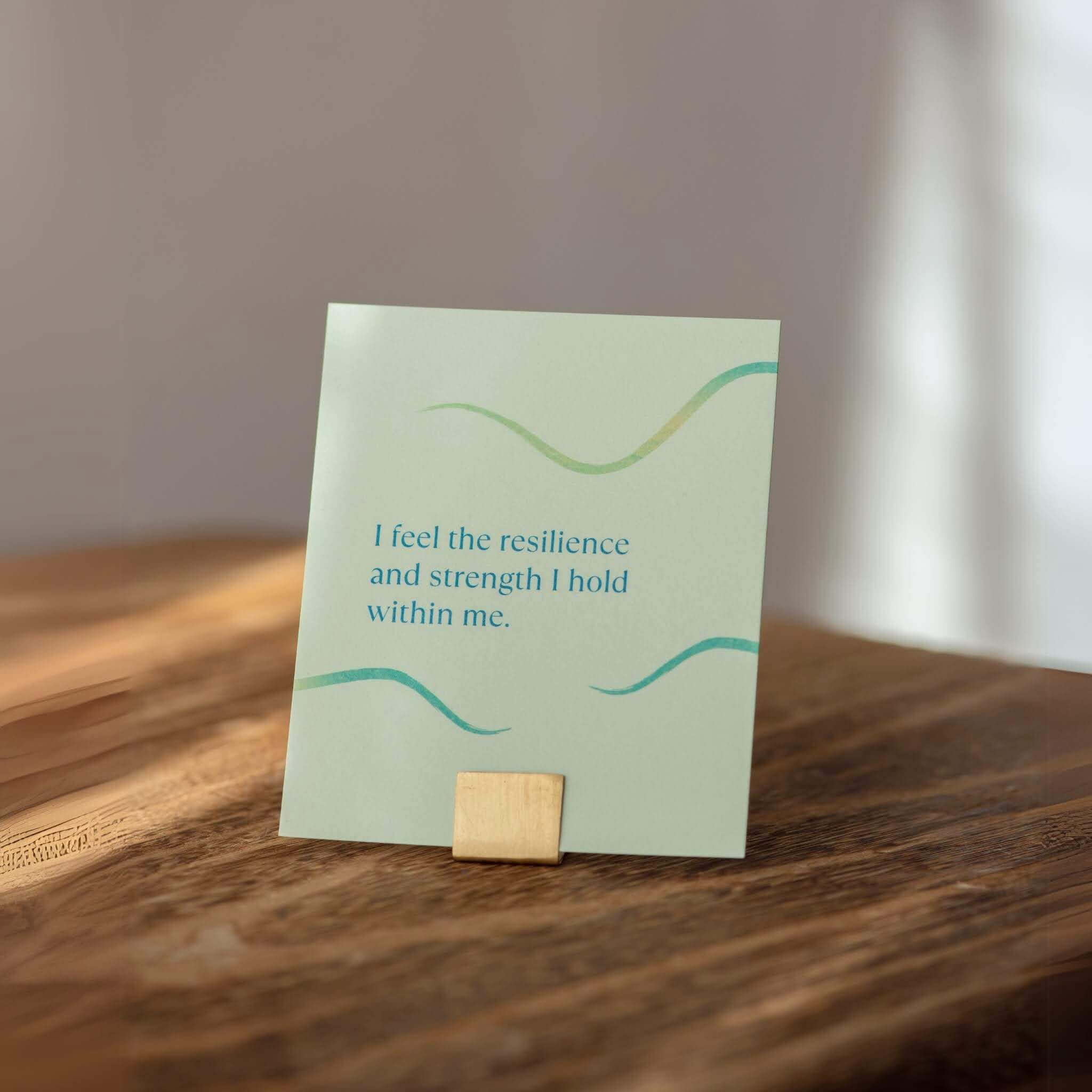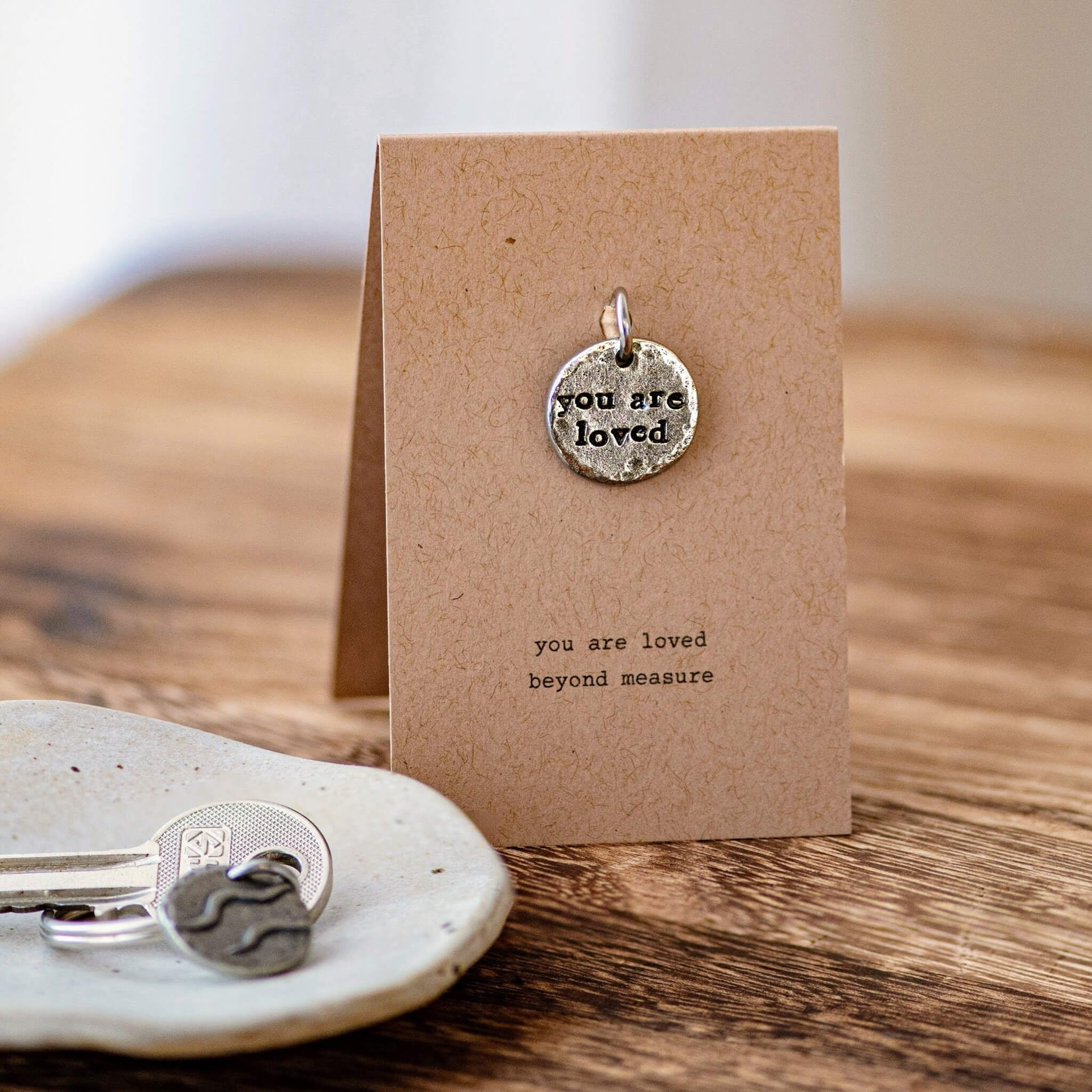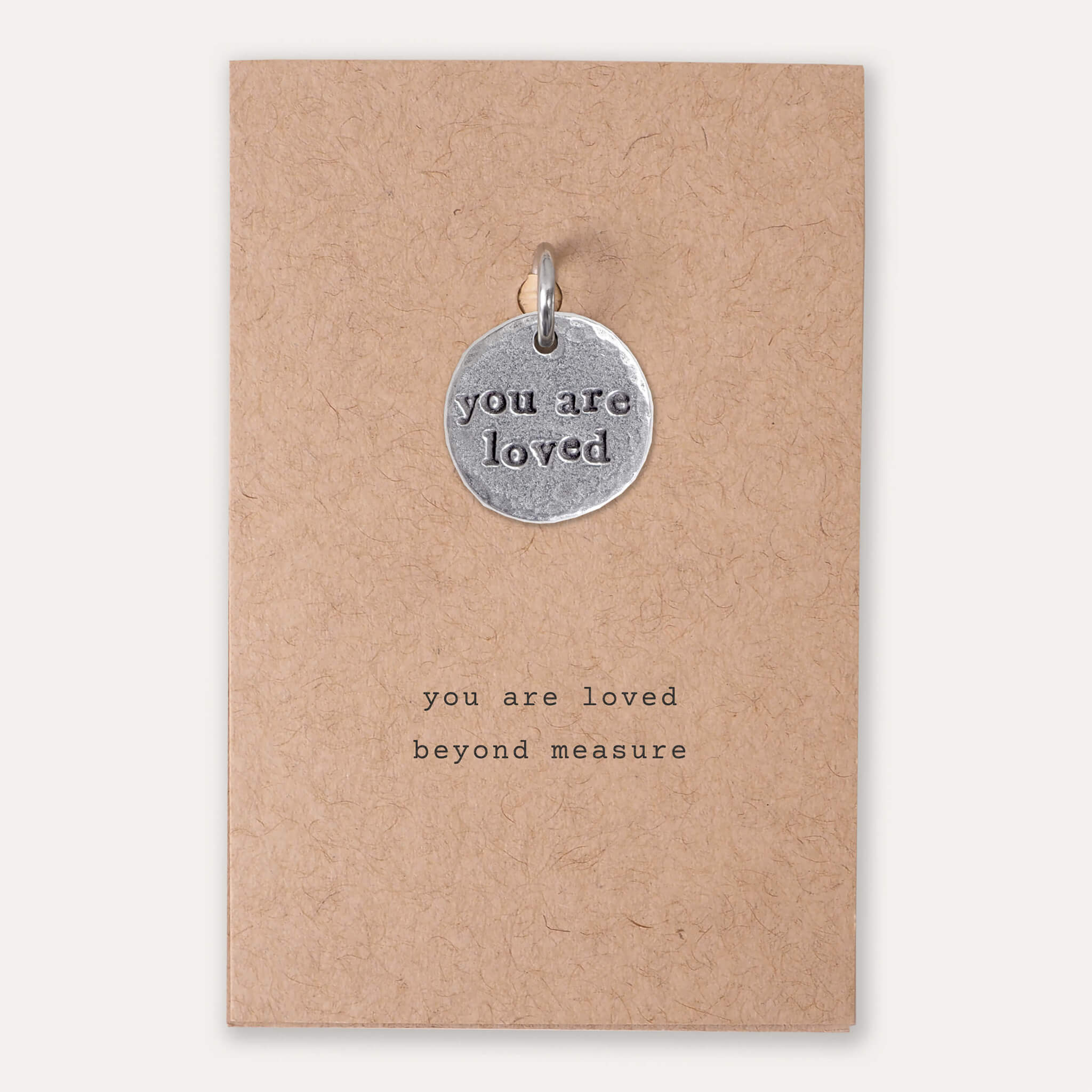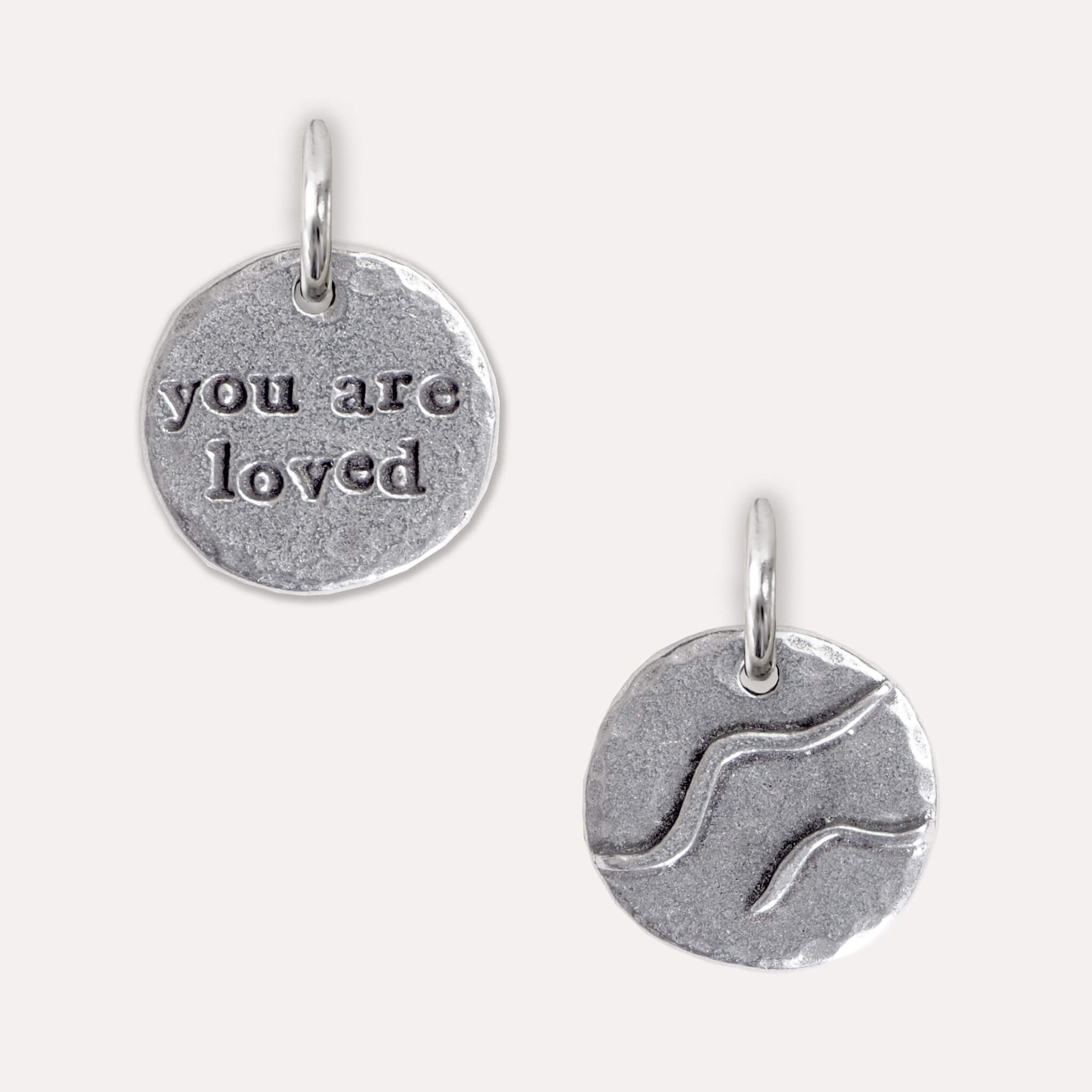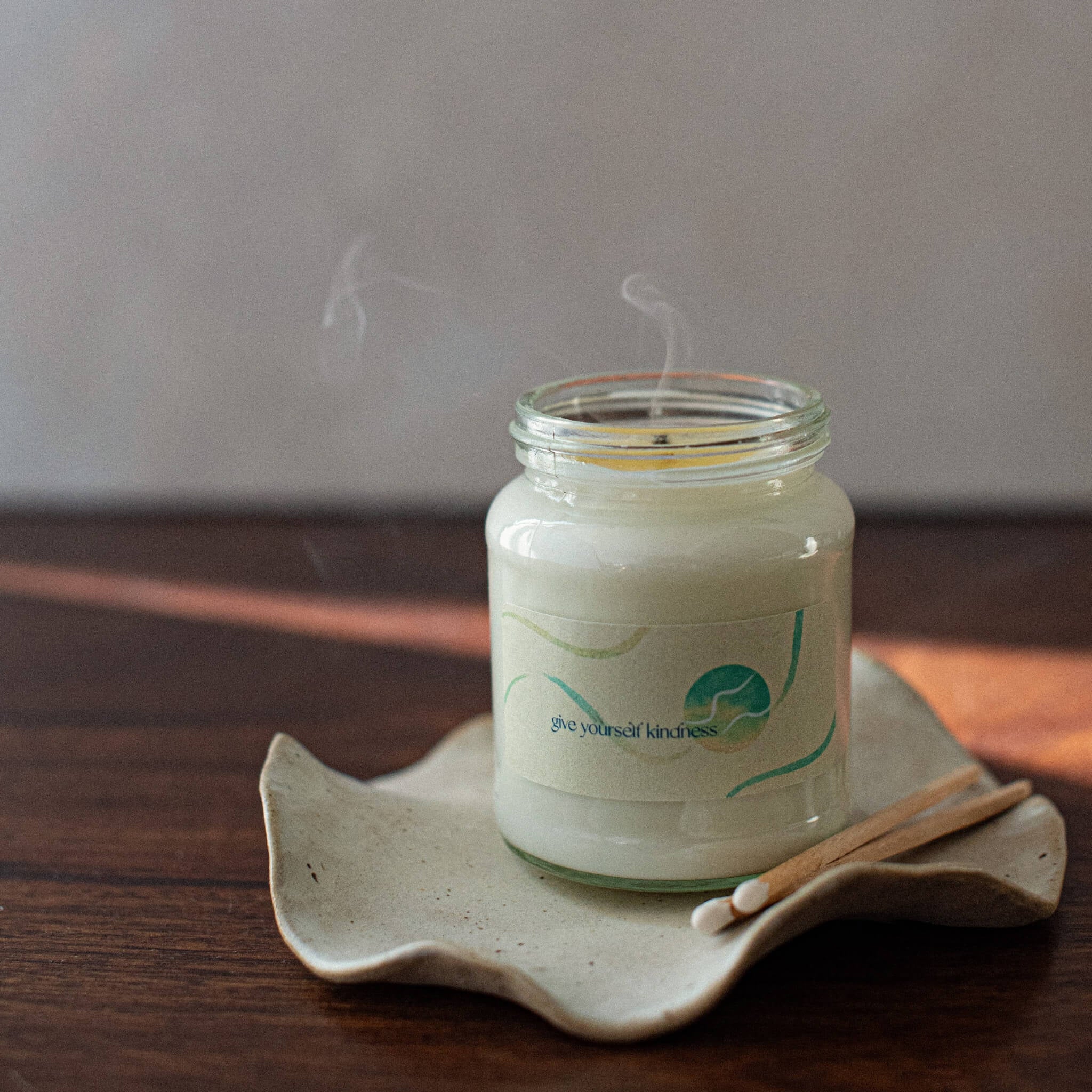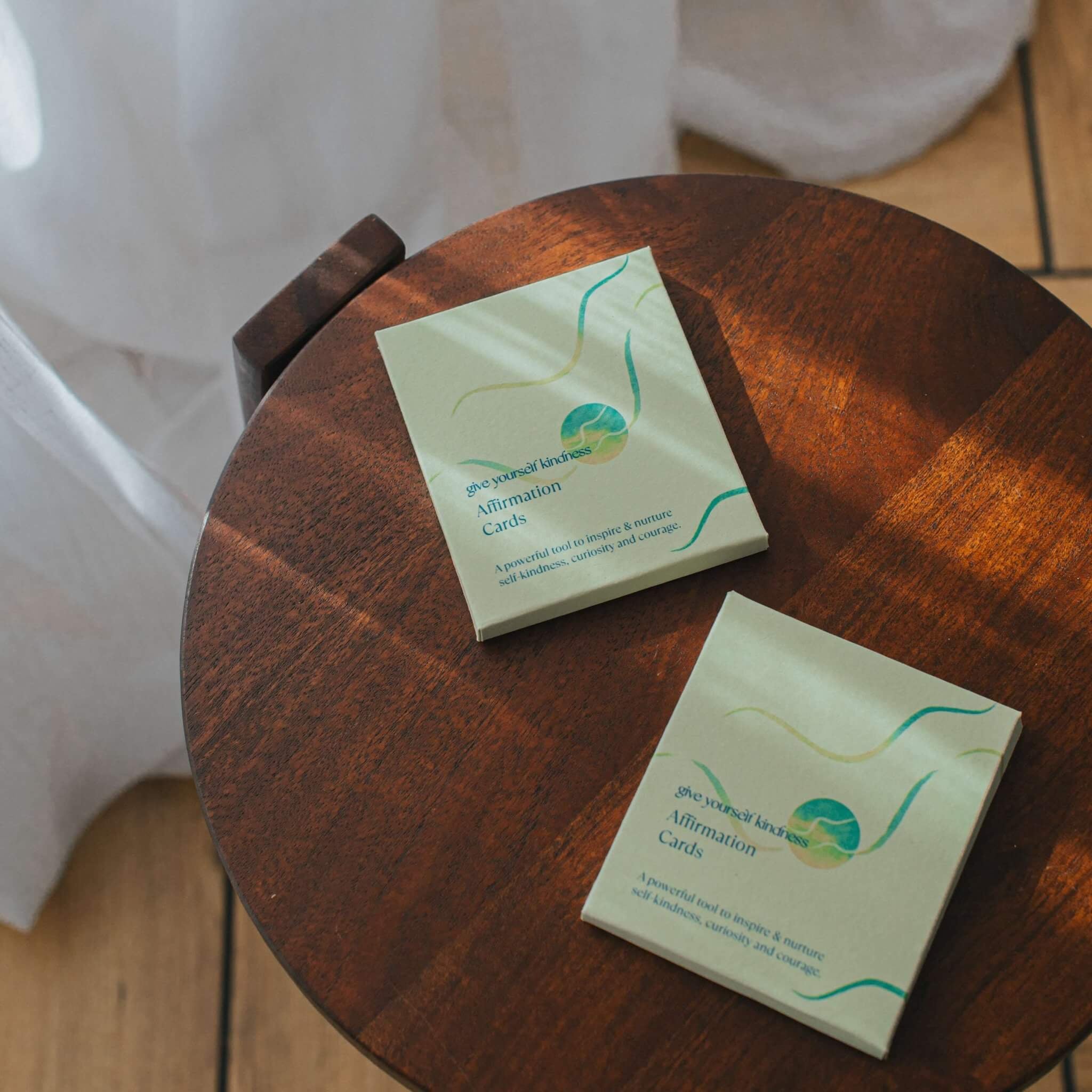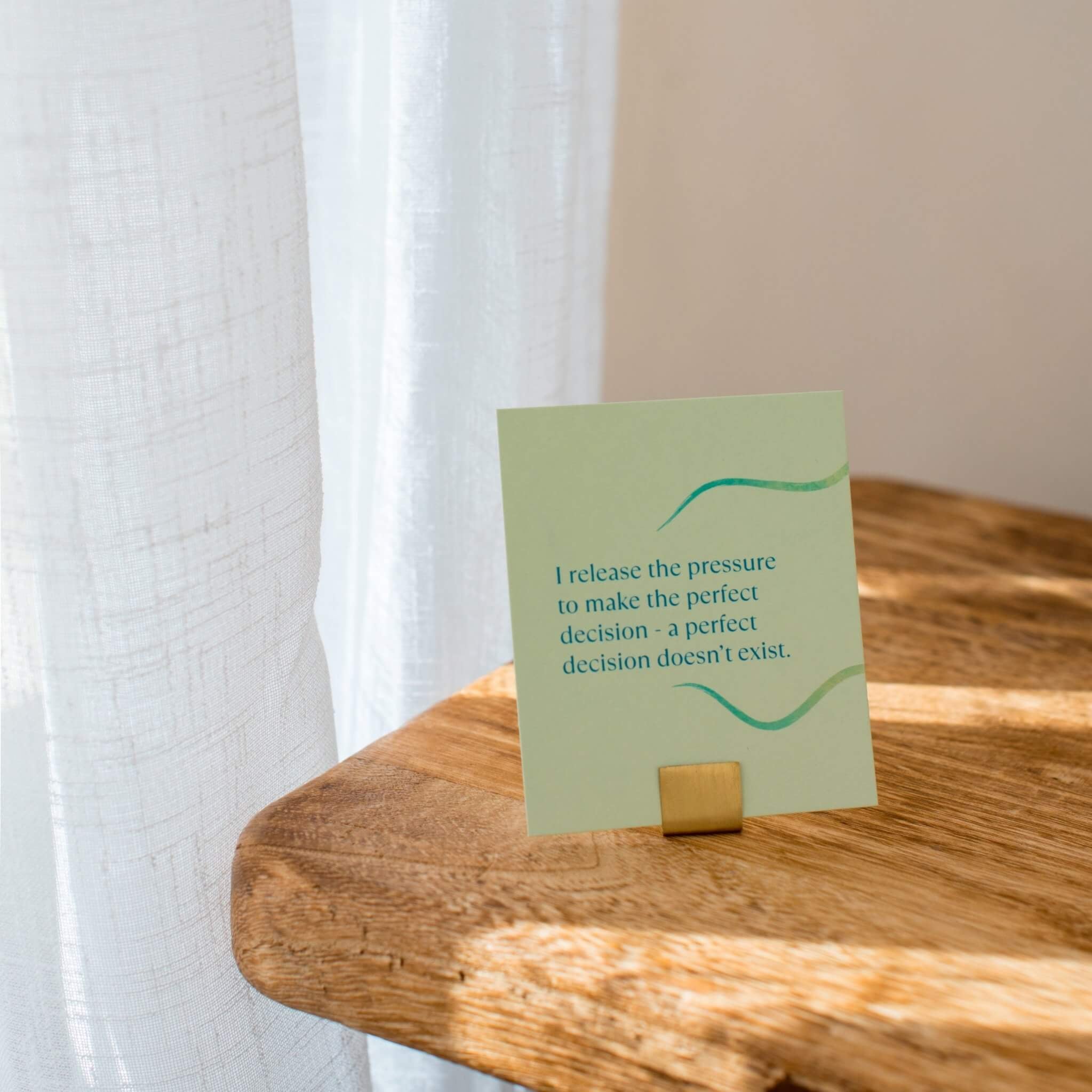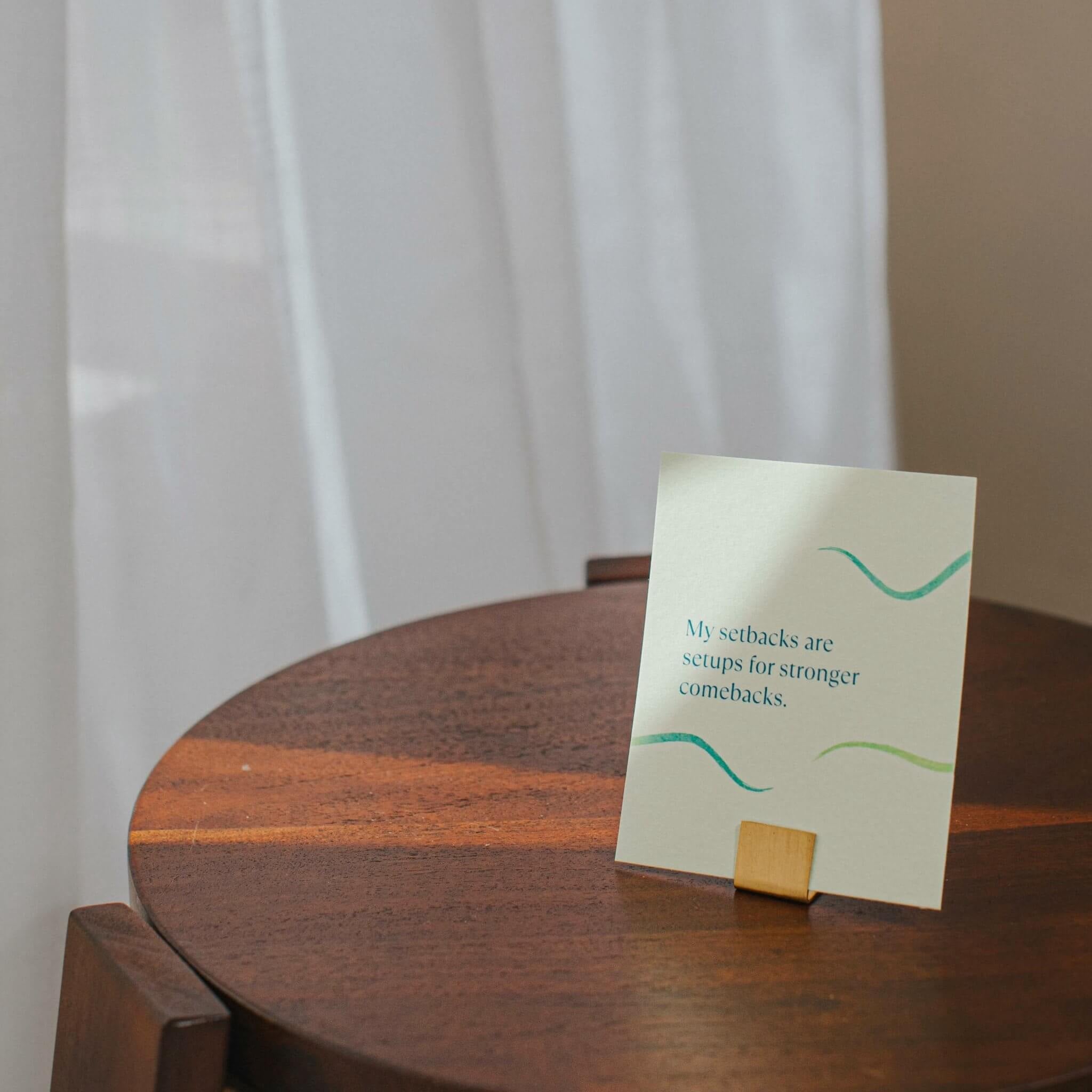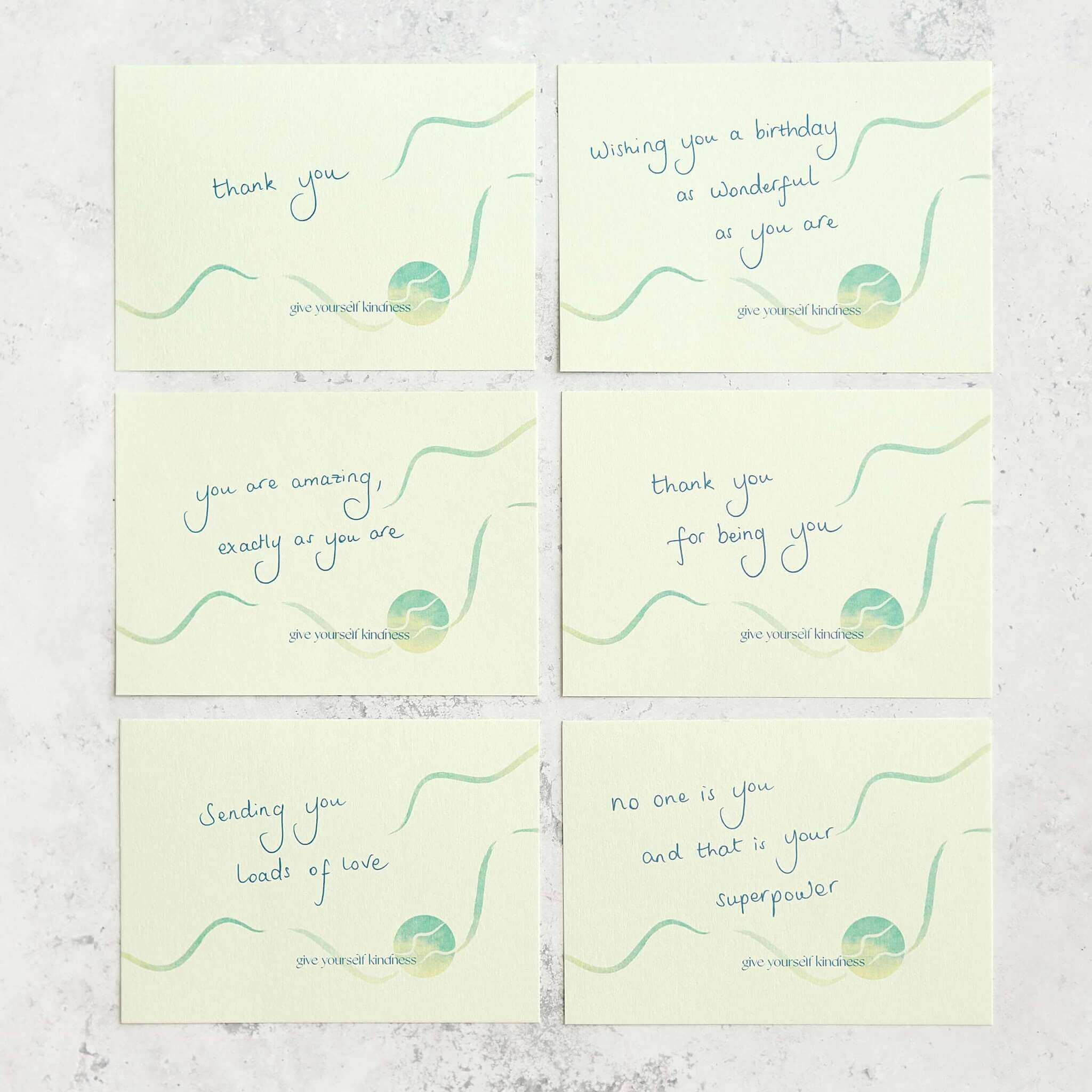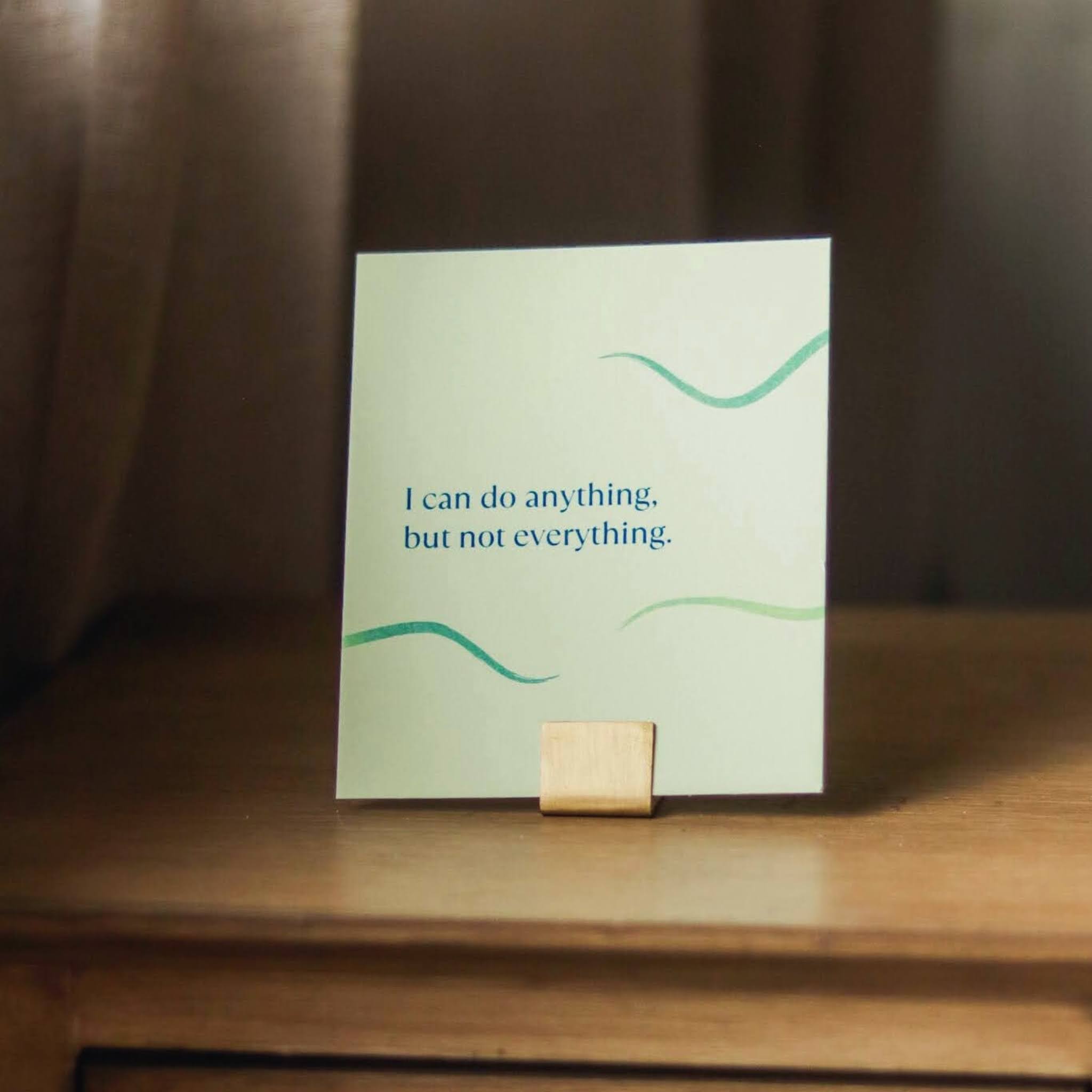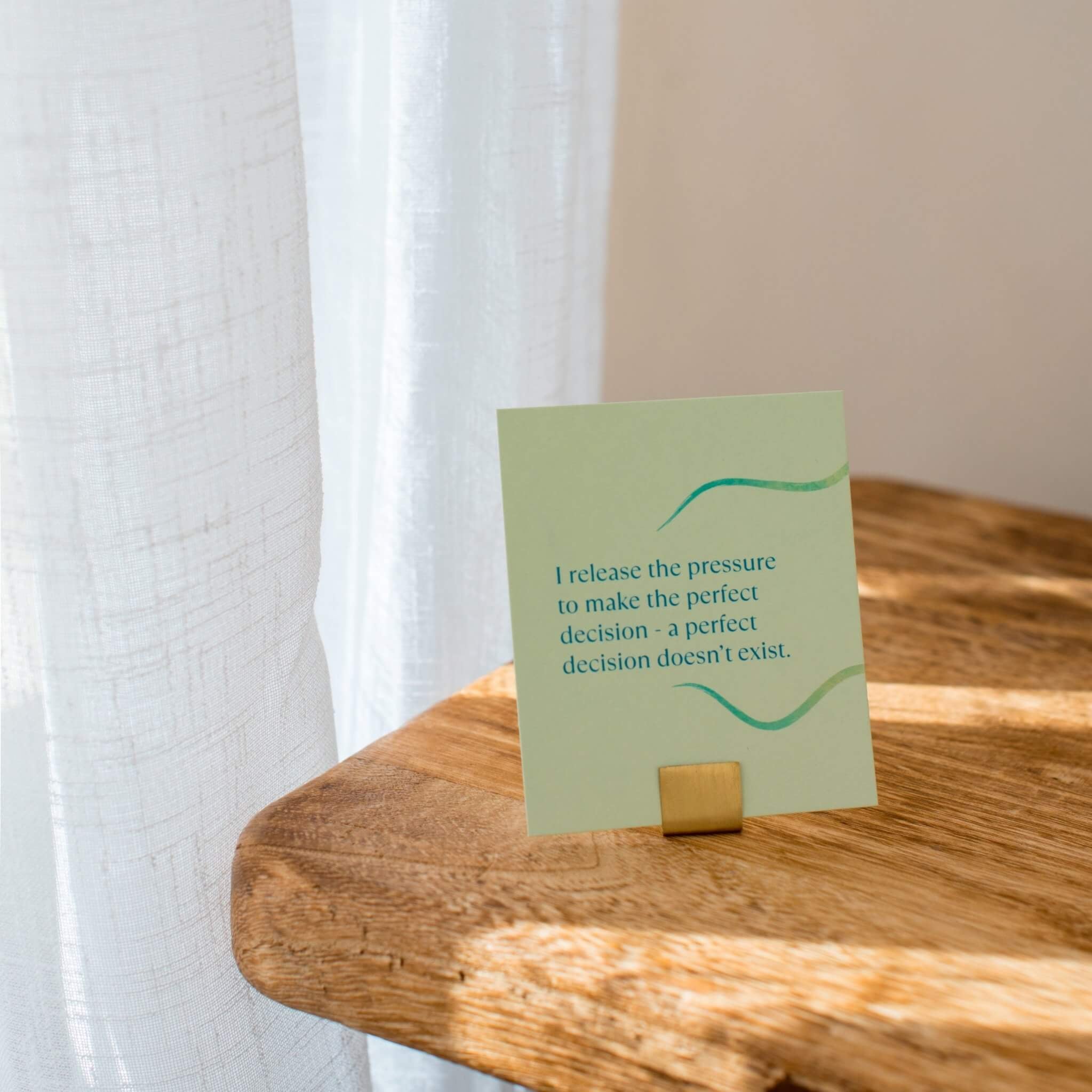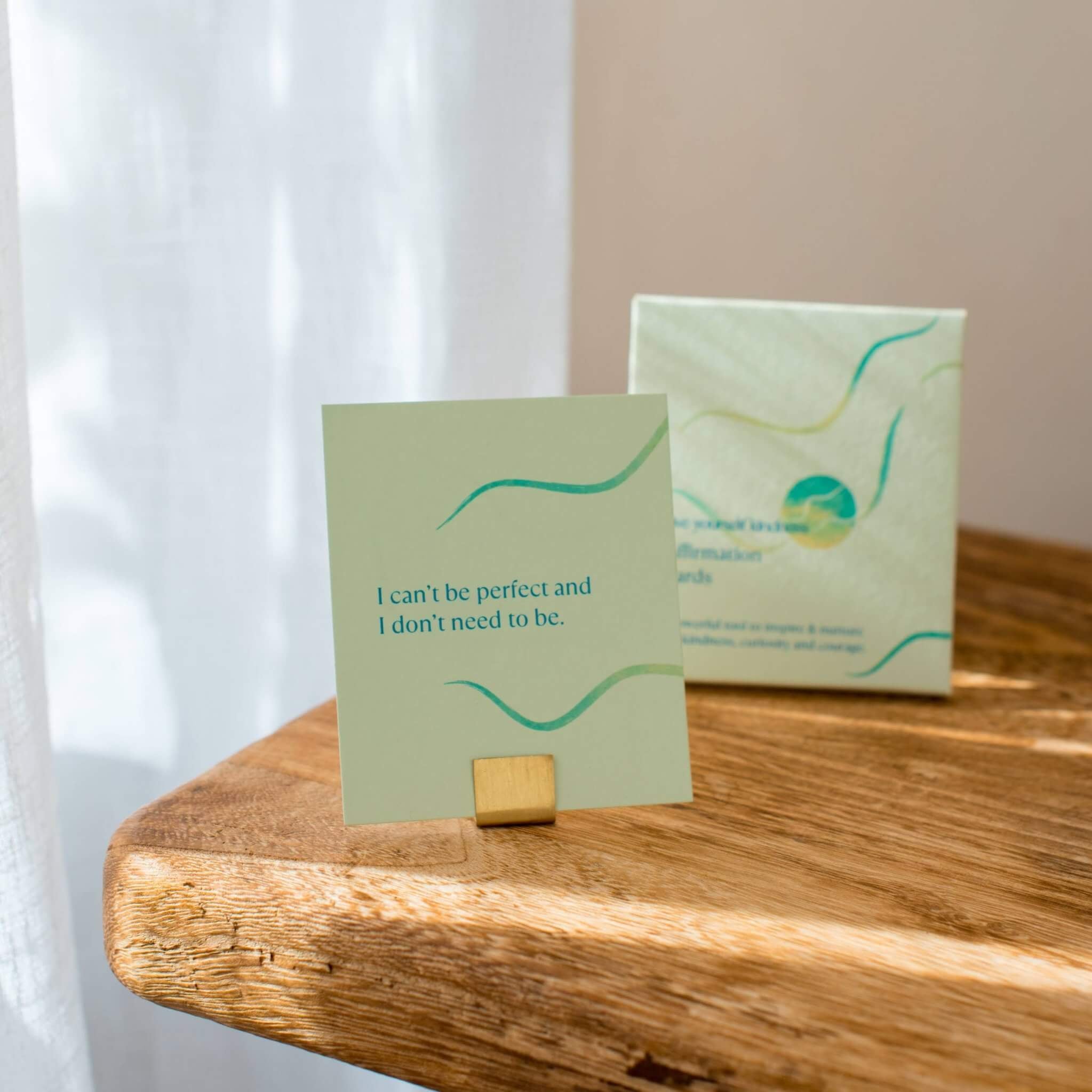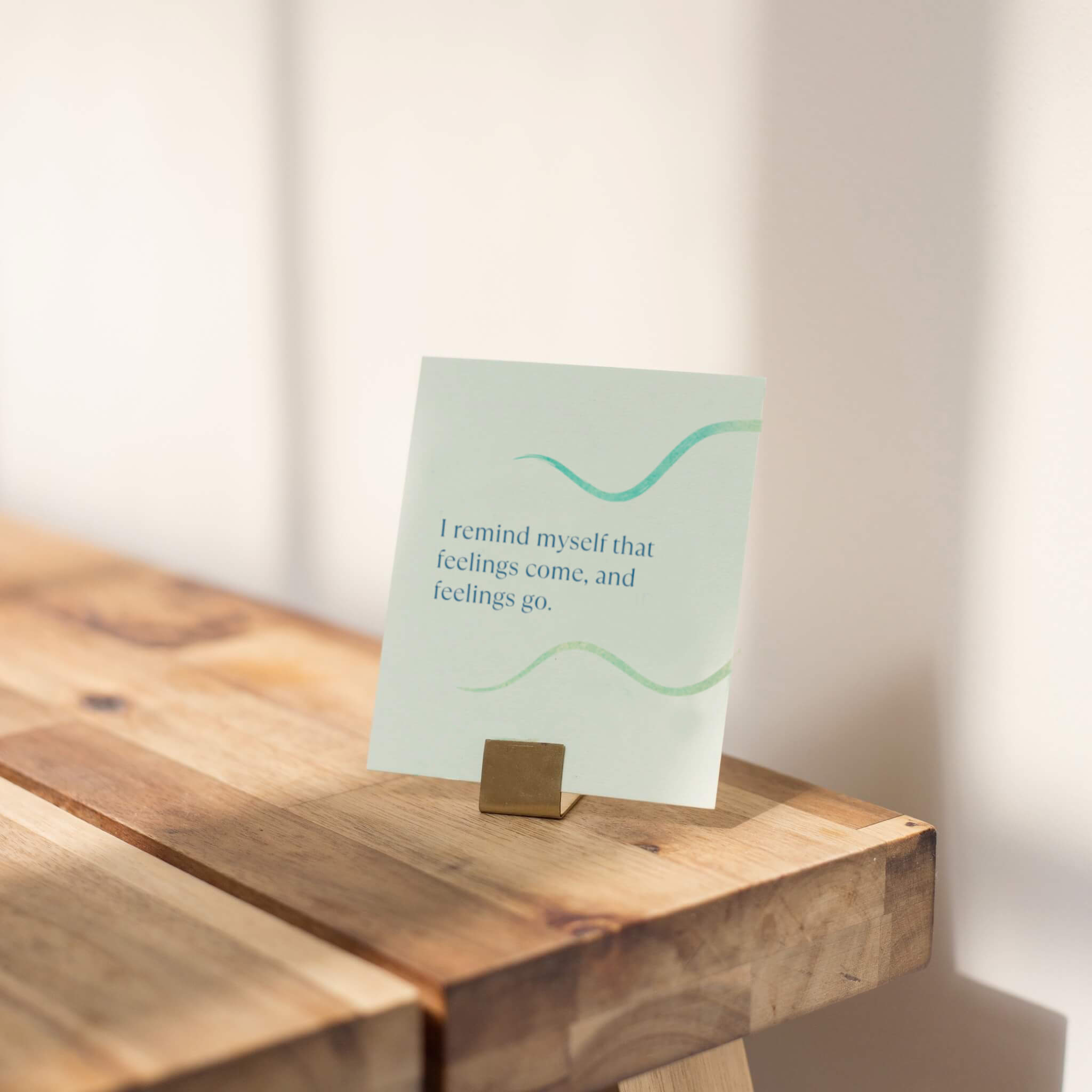written by Kristin Neff, PhD an Associate Professor of Educational Psychology at The University of Texas at Austin. She developed a theory and created a scale to measure self-compassion more than 20 years ago. Dr. Neff has written numerous academic articles and book chapters on the topic and has been recognized as one of the most influential scholars in the field of psychology.
There are a number of techniques to help us "be with" difficult emotions in a tender manner without resisting or being overtaken by them.
'aren't strategies to get rid of difficult emotions'
These practices aren't strategies to get rid of difficult emotions; they just allow us to establish a new relationship to them.
In MSC (Mindful Self-Compassion) we combine these various techniques into a single practice that is specifically designed to work with painful emotions. The techniques are:
Labeling emotions
Naming or labeling difficult emotions helps us to disentangle, or "unstick," from them.
'get perspective on the emotion rather than being engulfed by it'
If we can say, "This is sadness" or "Fear is arising," we get perspective on the emotion rather than being engulfed by it.
This gives us some emotional freedom. Name it and you tame it.
Mindfulness of emotion in the body
Thoughts arise and take hold so quickly that it is difficult to work with them. The body, in contrast, is relatively slow moving.
When we find the physical expression of an emotion and hold it in mindful awareness, we are a better position to change our relationship to the emotion. Feel it and you can heal it.
Soften-soften-allow
There are three ways to bring tender self-compassion to difficult emotions.
Softening our body around tension we feel is a form of physical self-compassion, soothing ourselves for how much it hurts, is a form of emotional self-compassion, and allowing is a type of mental self-compassion that reduces suffering by lessening resistance.
'allowing is a type of mental self-compassion that reduces suffering by lessening resistance'
This is an excerpt from Fierce Self-Compassion: How Women can Harness Kindness to Speak Up, Claim Their Power and Thrive by Kristin Neff, PhD (Penguin Books) approved exclusively to be shared on Give Yourself Kindness.

Kristin Neff, PhD, is an Associate Professor of Educational Psychology at The University of Texas at Austin. She developed a theory and created a scale to measure self-compassion more than 20 years ago. Dr. Neff has written numerous academic articles and book chapters on the topic and has been recognized as one of the most influential scholars in the field of psychology. Well over 5000 studies have been conducted on self-compassion by various scholars since her seminal articles were first published in 2003.
In addition to her academic work, Dr. Neff is author of the books Self-Compassion: The Proven Power of Being Kind to Yourself, and Fierce Self-Compassion: How Women can Harness Kindness to Speak Up, Claim Their Power and Thrive.
In conjunction with her colleague Dr. Chris Germer, she developed an empirically supported training program called Mindful Self-Compassion and co-founded the nonprofit Center for Mindful Self-Compassion, which offers self-compassion training in a variety of formats. Drs. Neff and Germer co-authored The Mindful Self-Compassion Workbook , Teaching the Mindful Self-Compassion Program: A Guide for Professionals, and in fall 2024 their latest book was published, Mindful Self-Compassion for Burnout: Tools to Help You Heal and Recharge When You’re Wrung Out by Stress.






